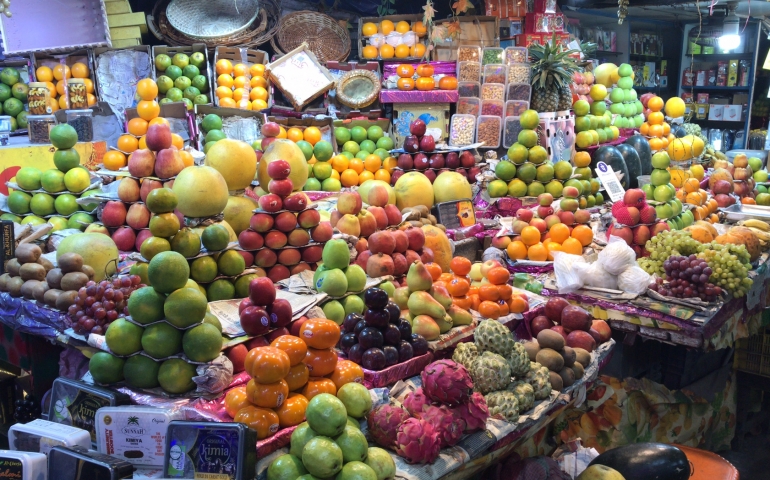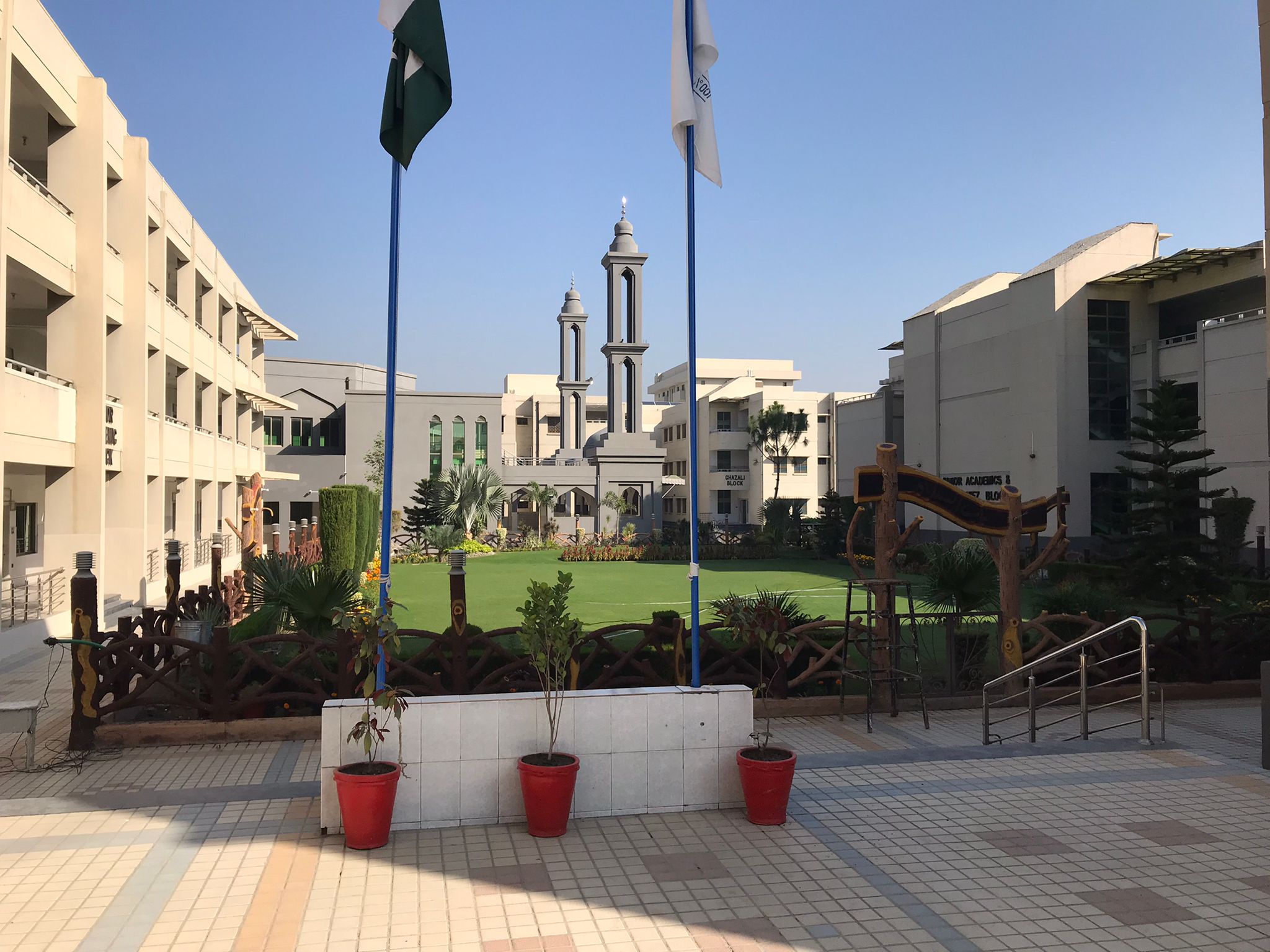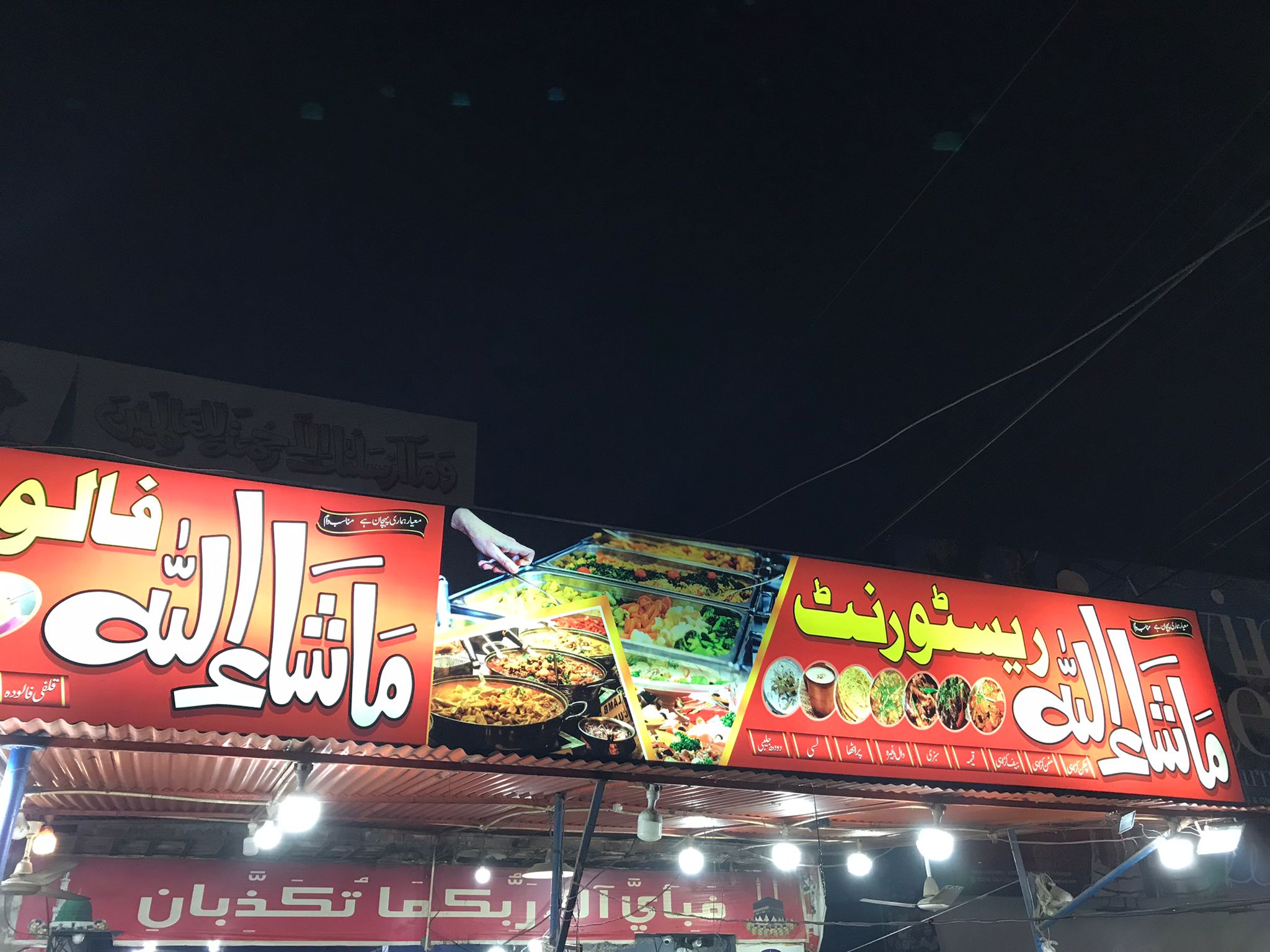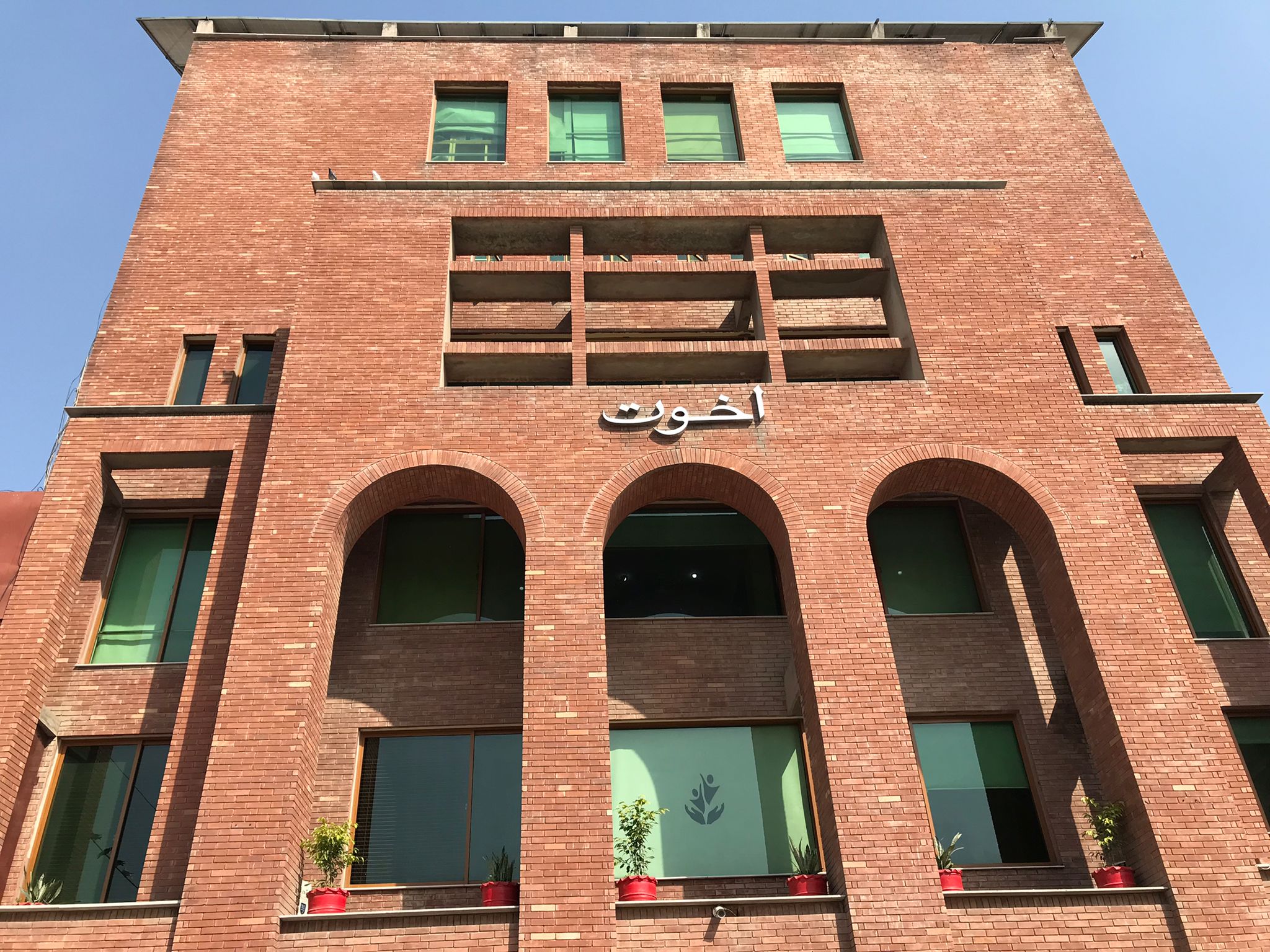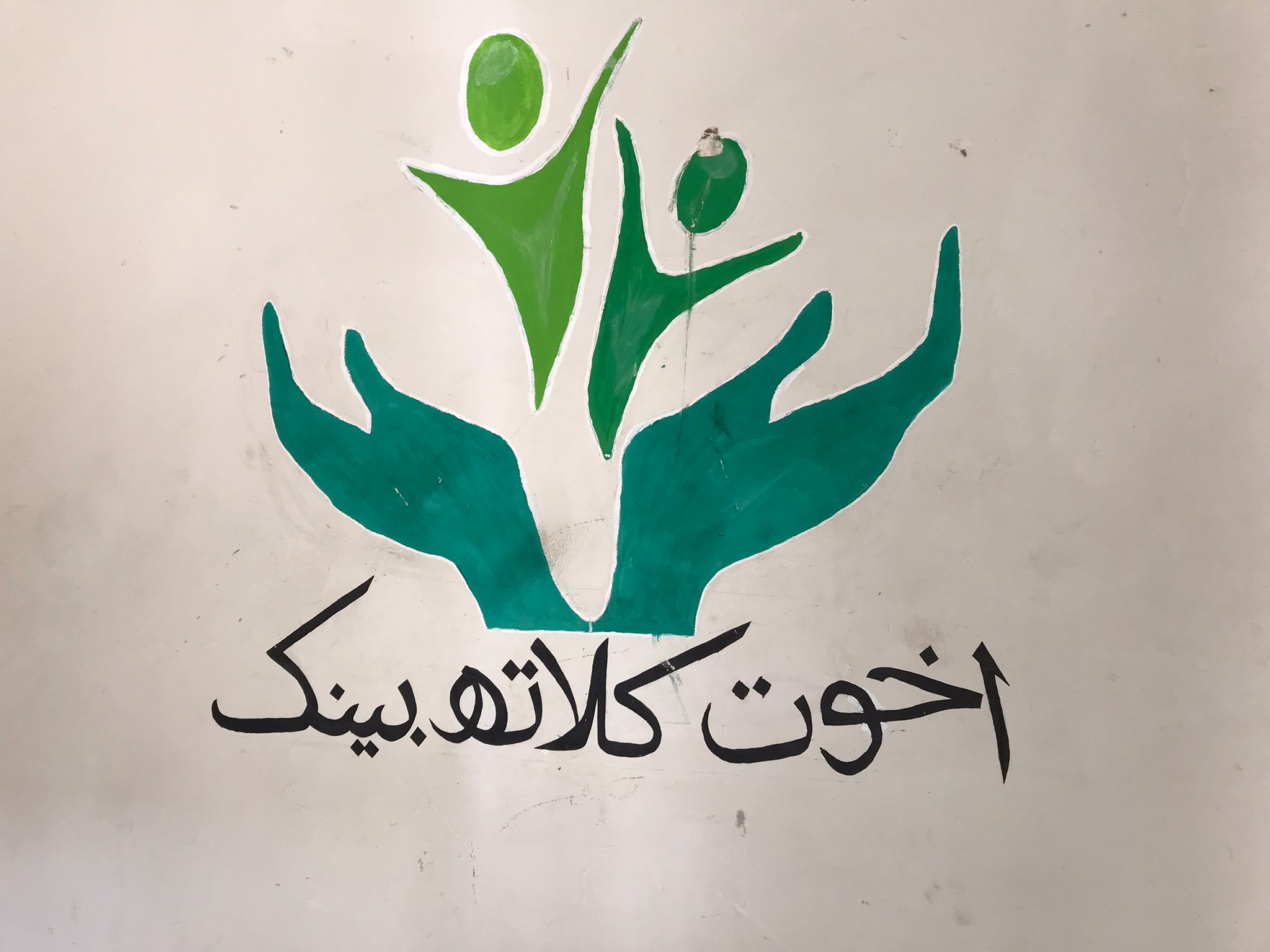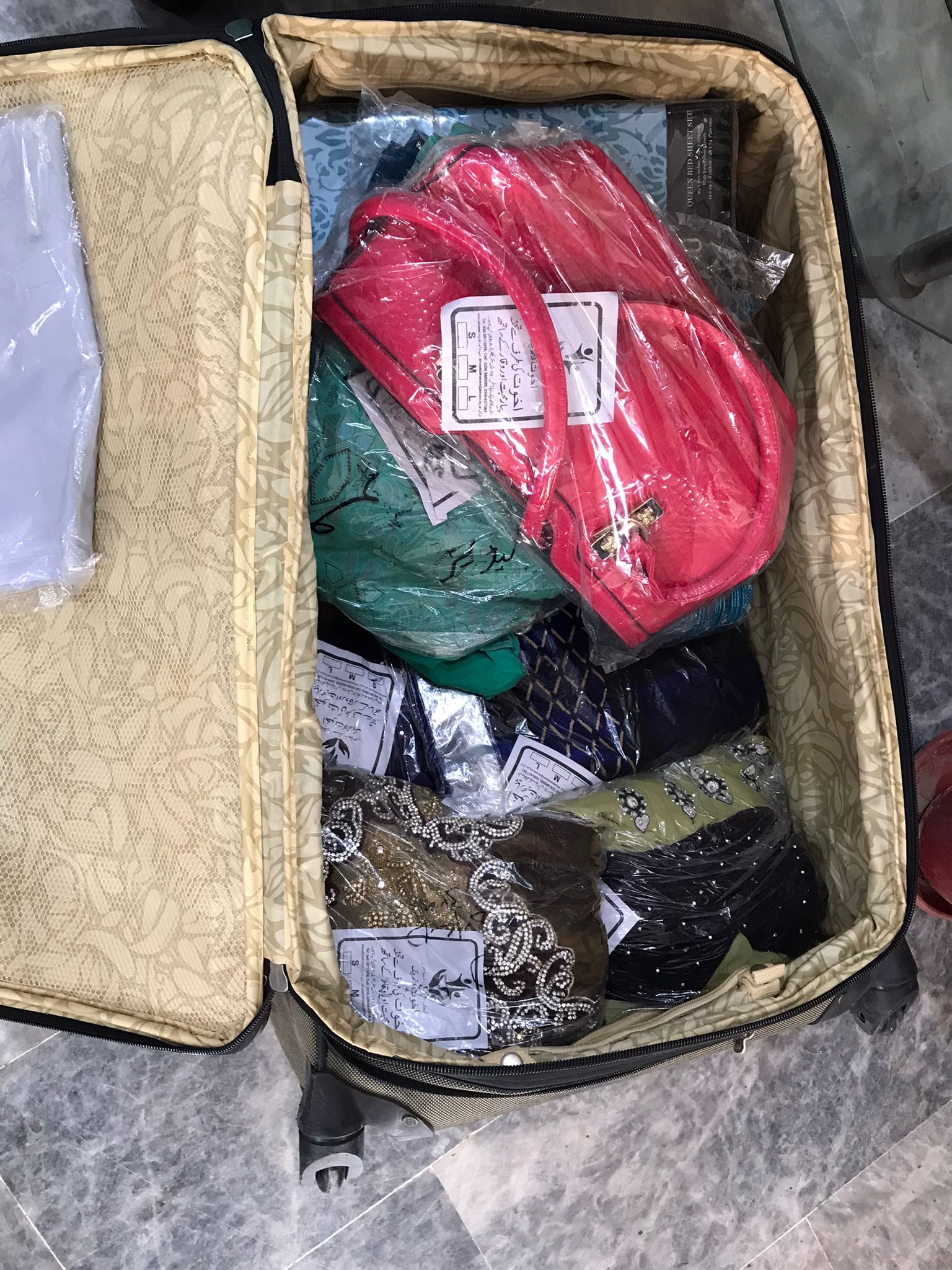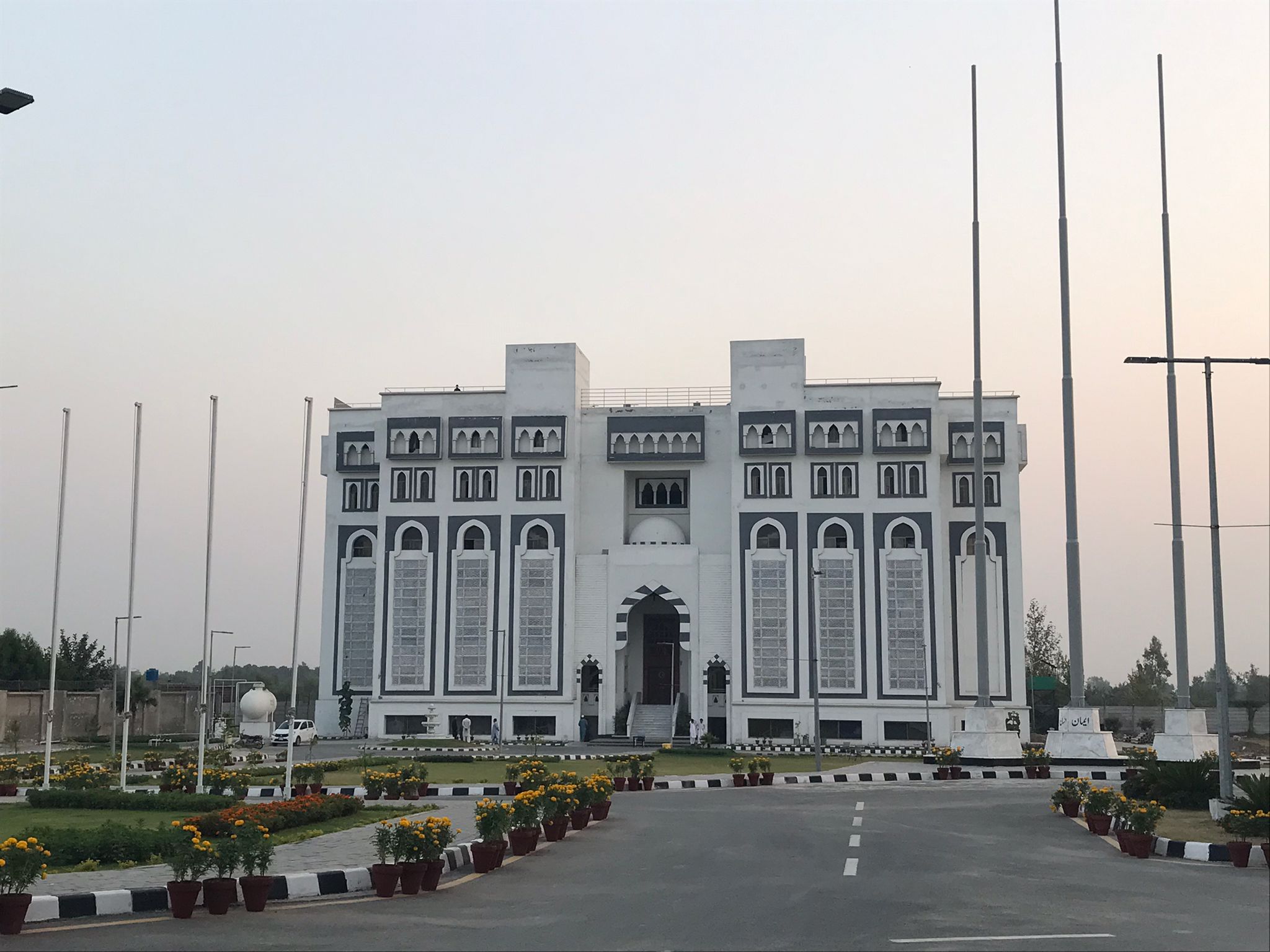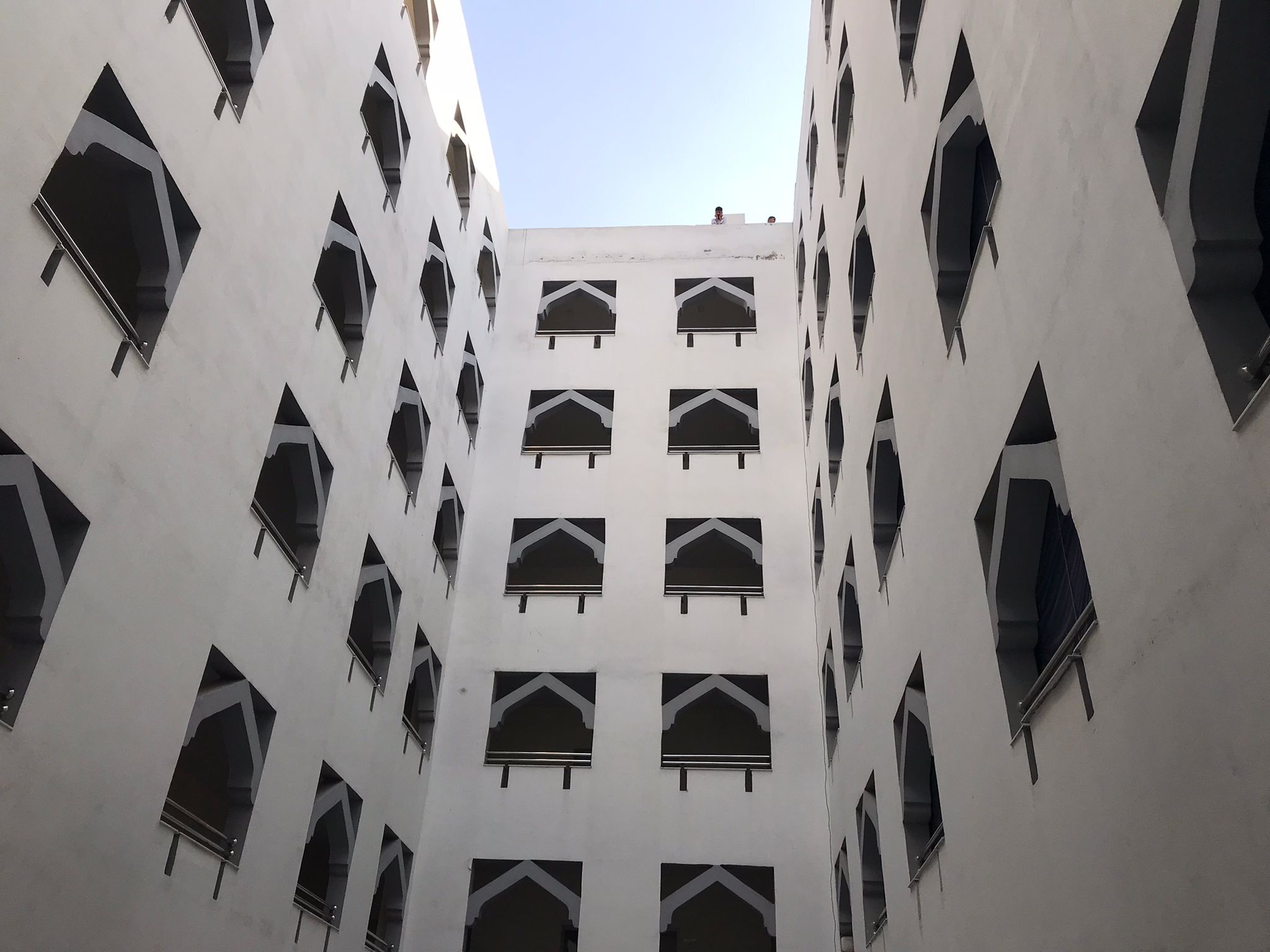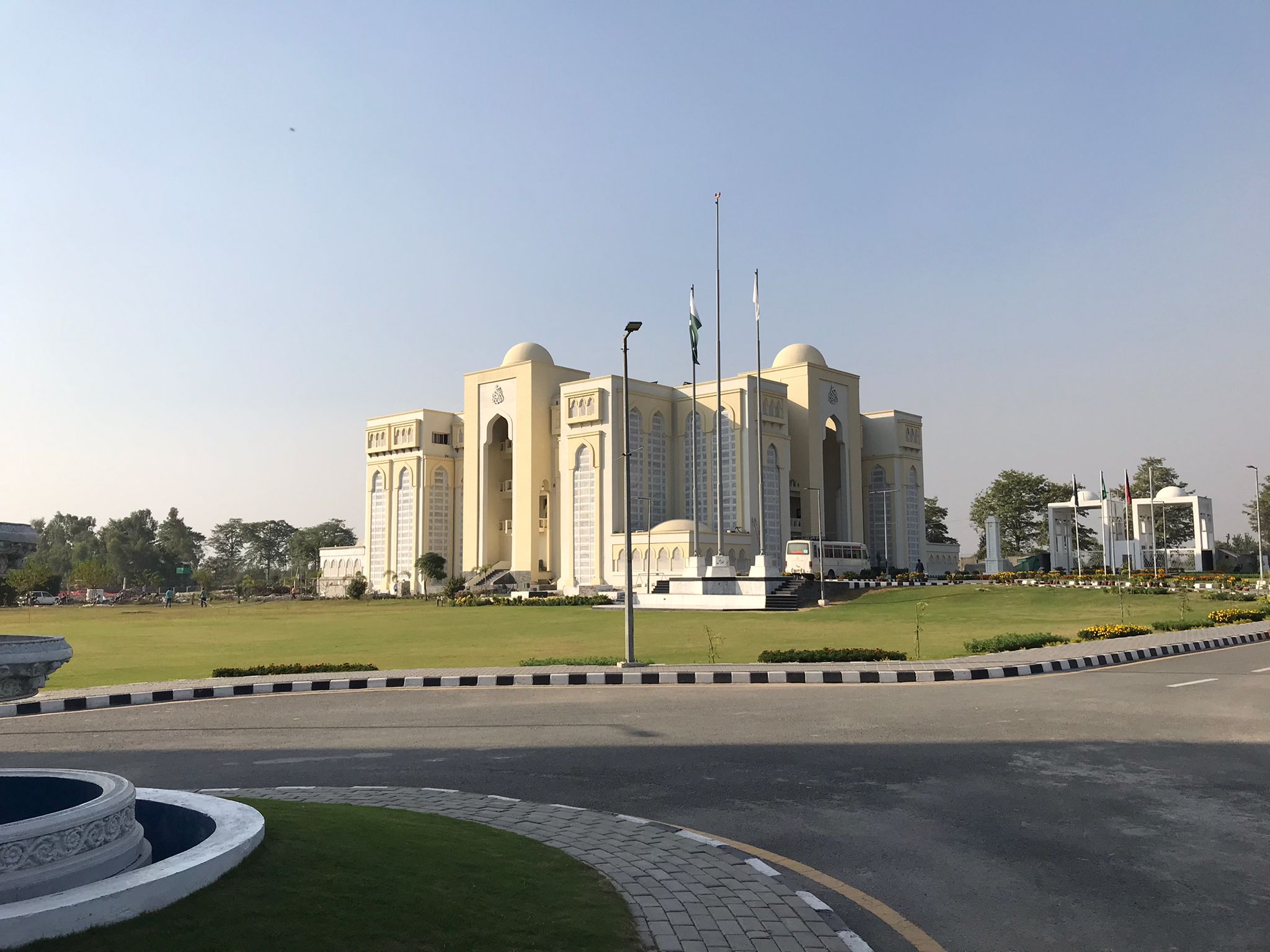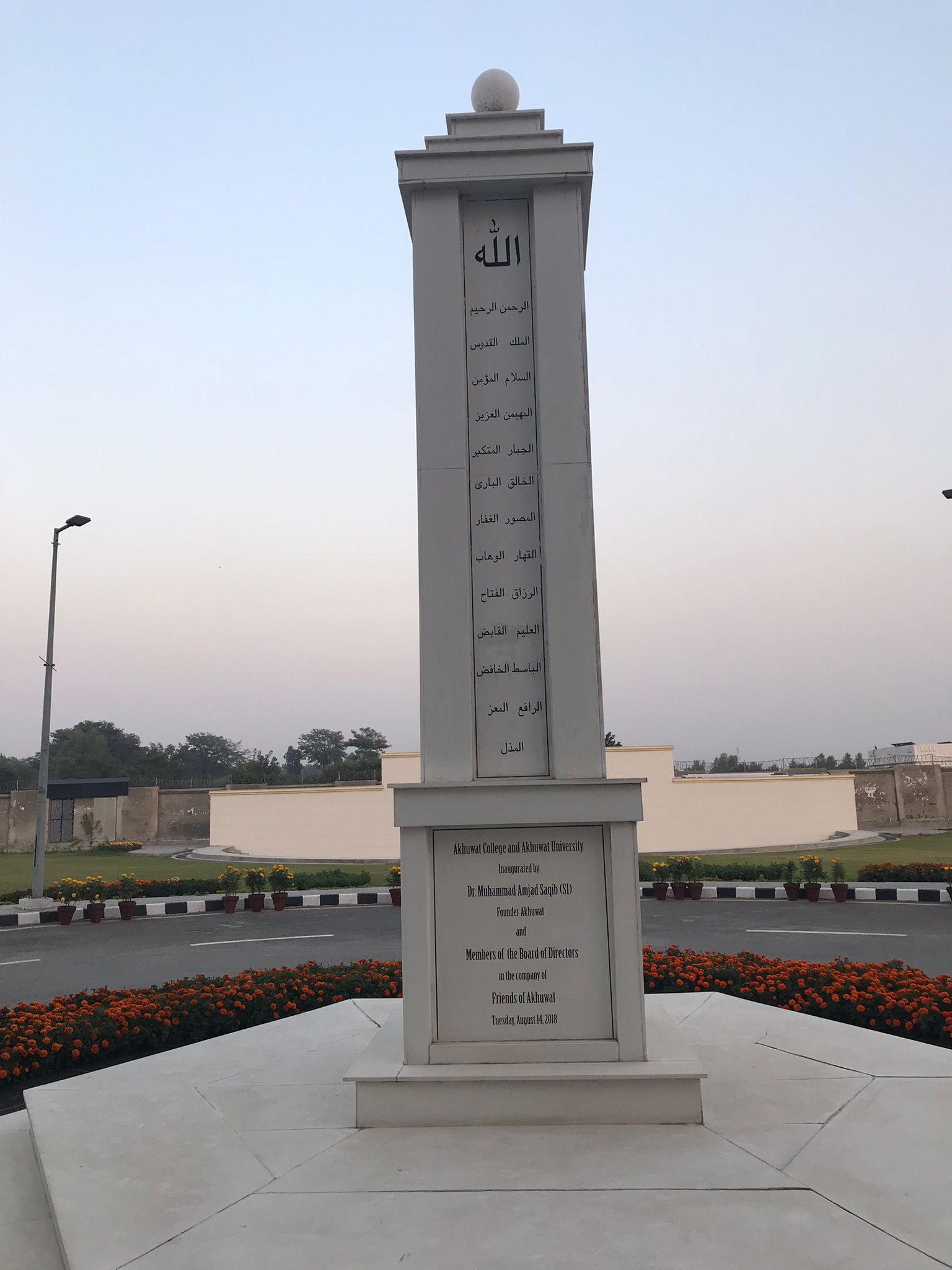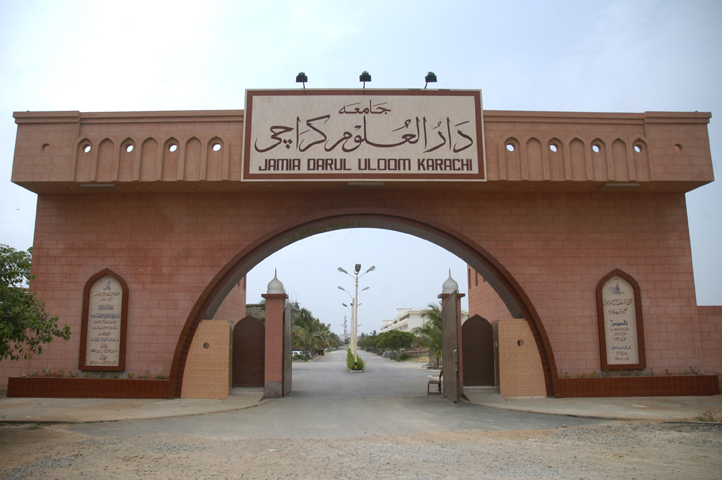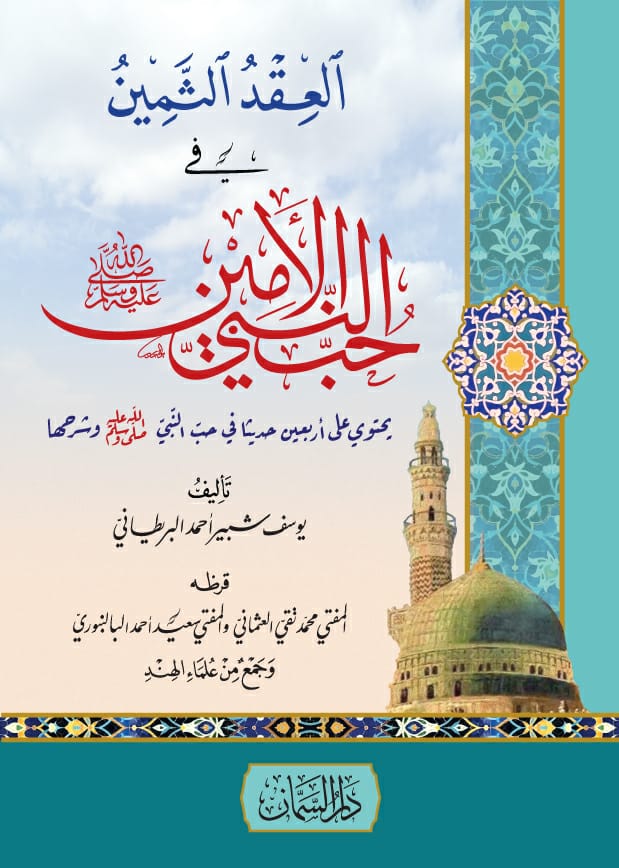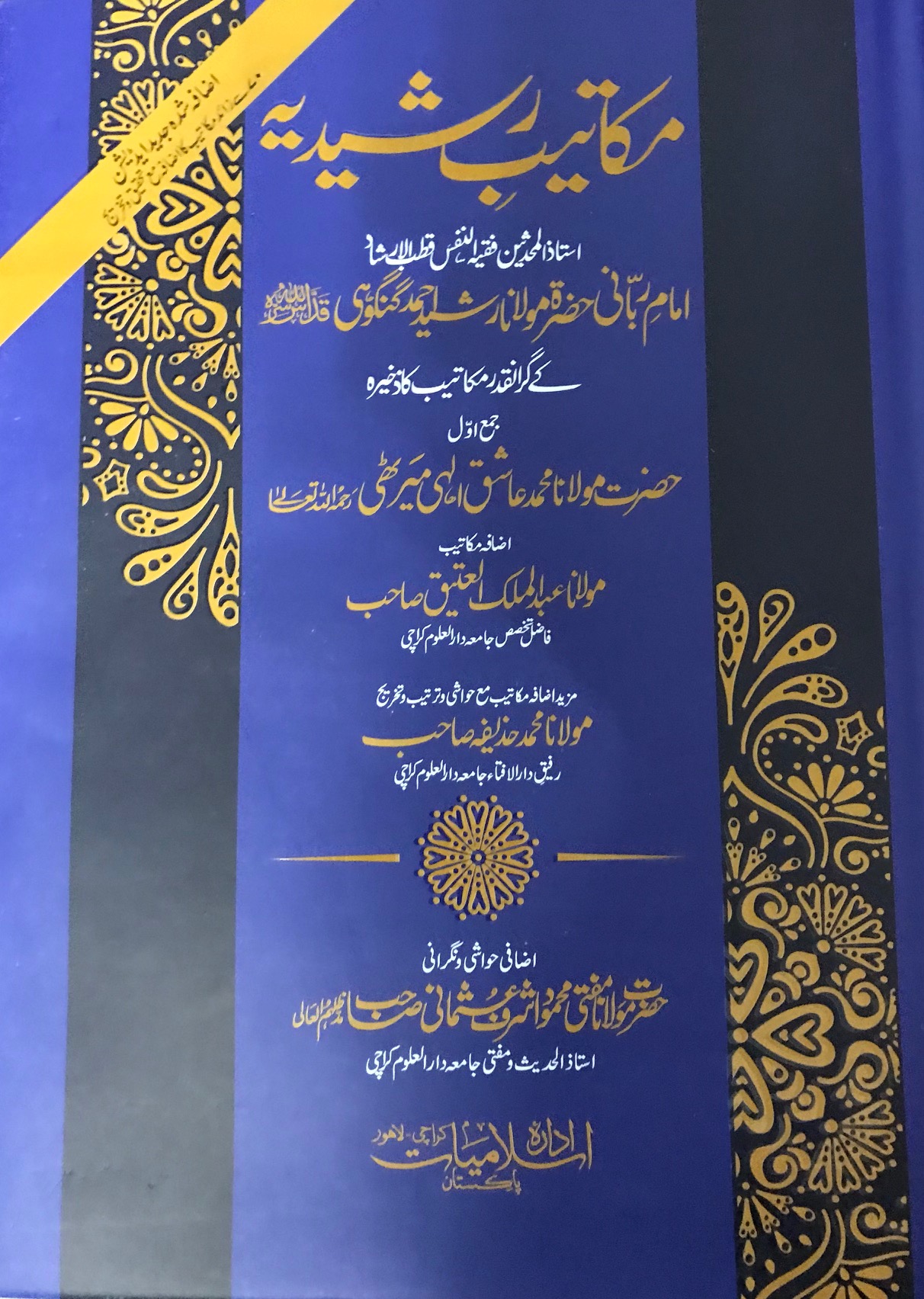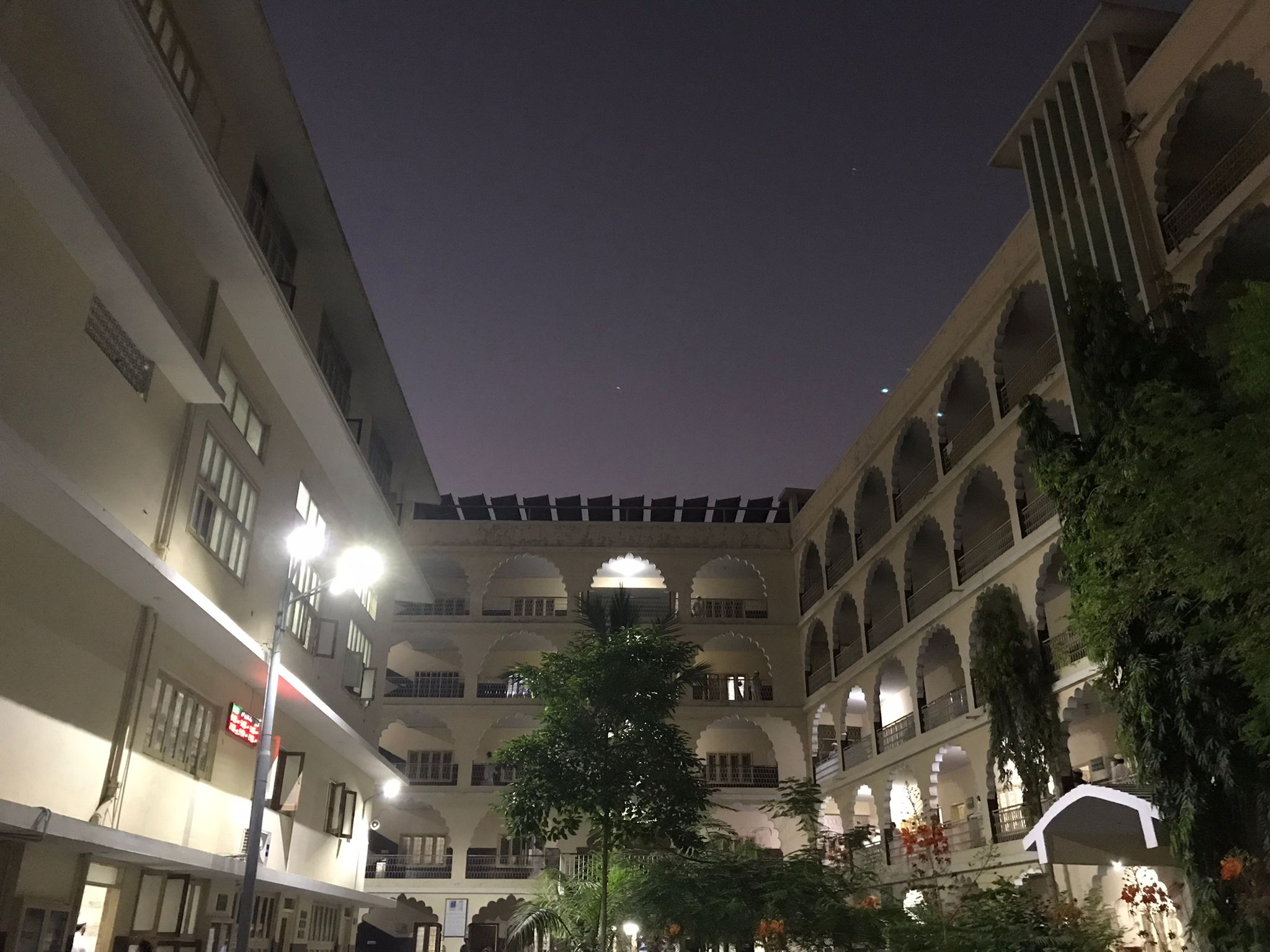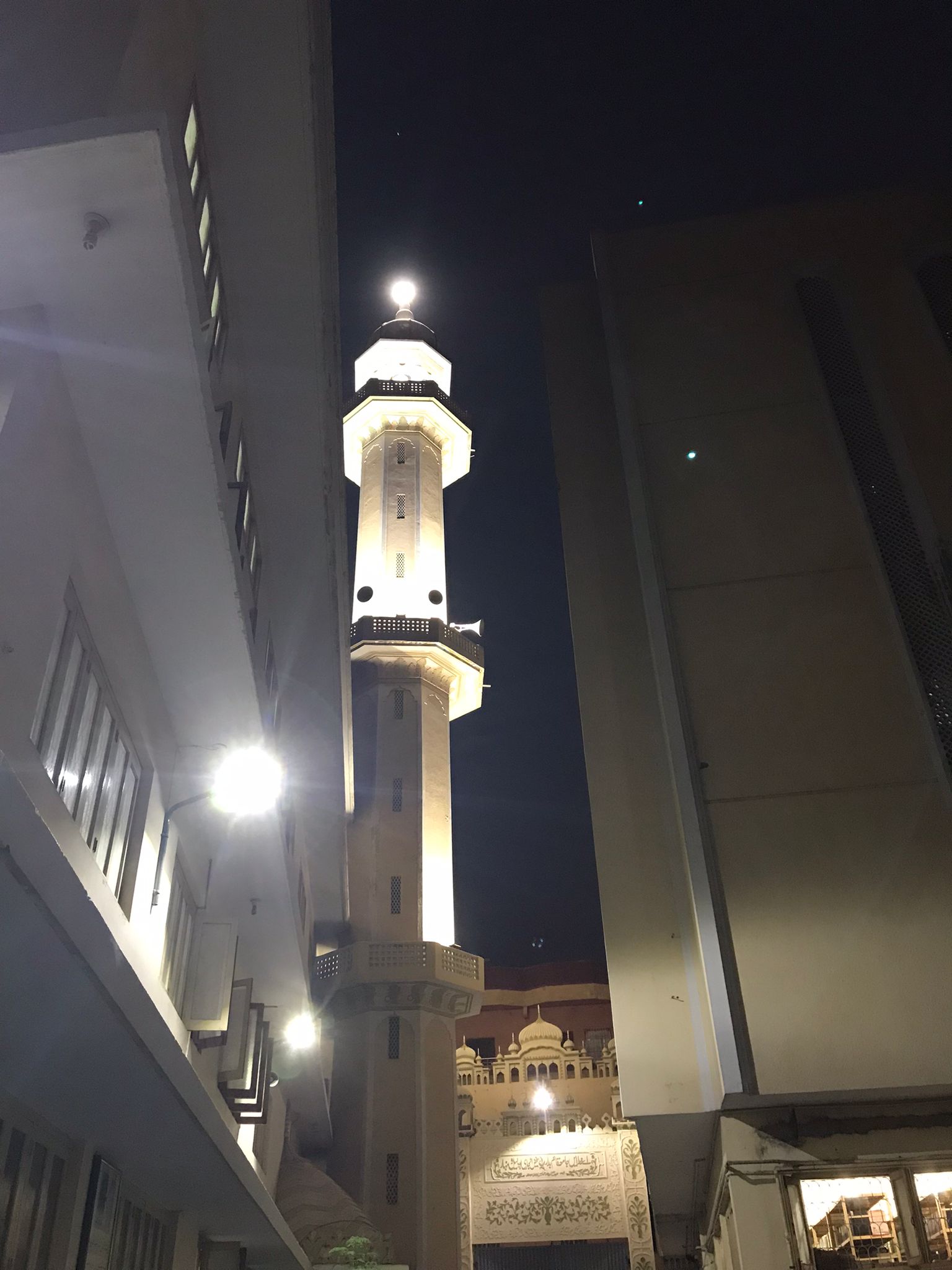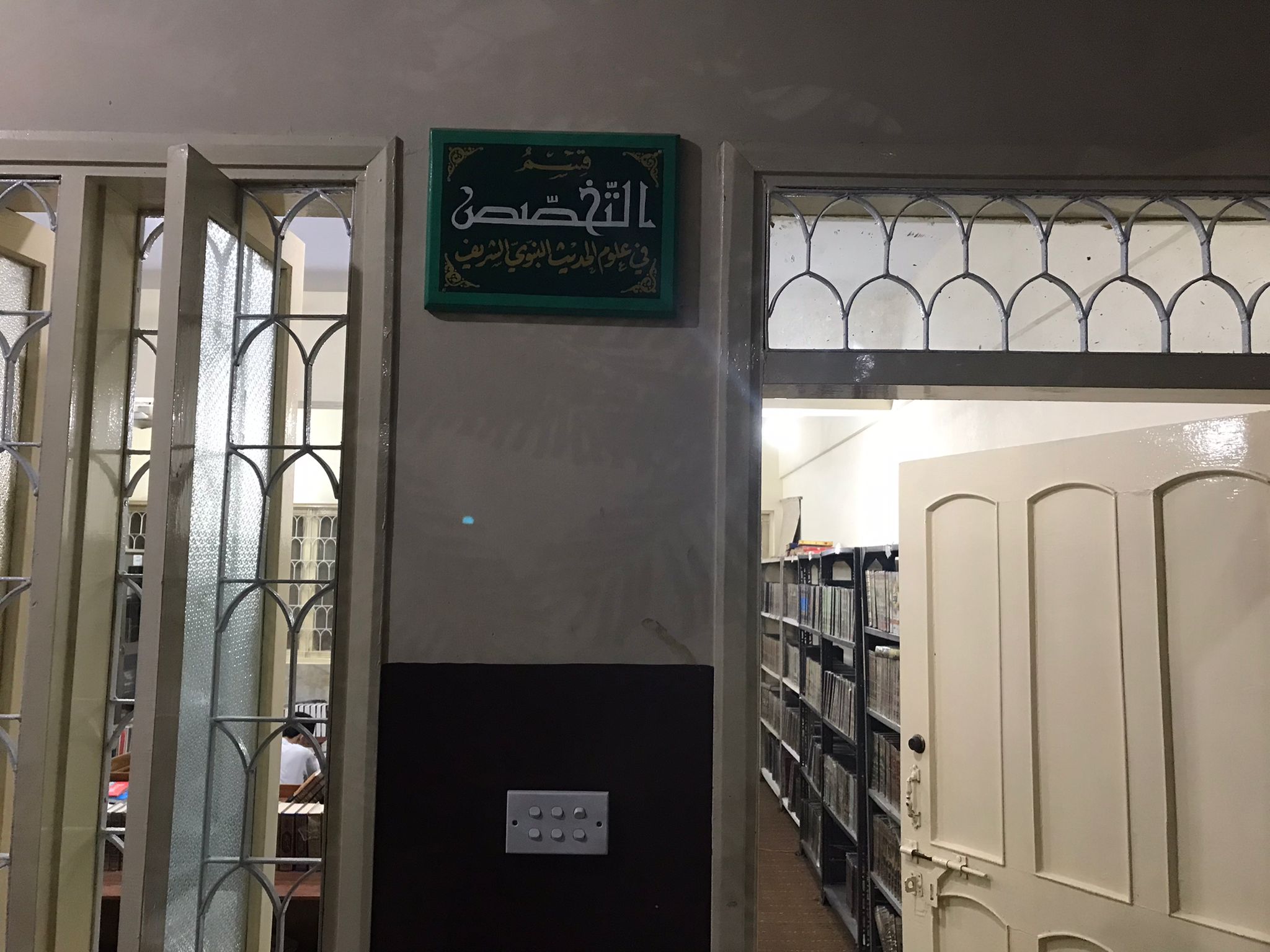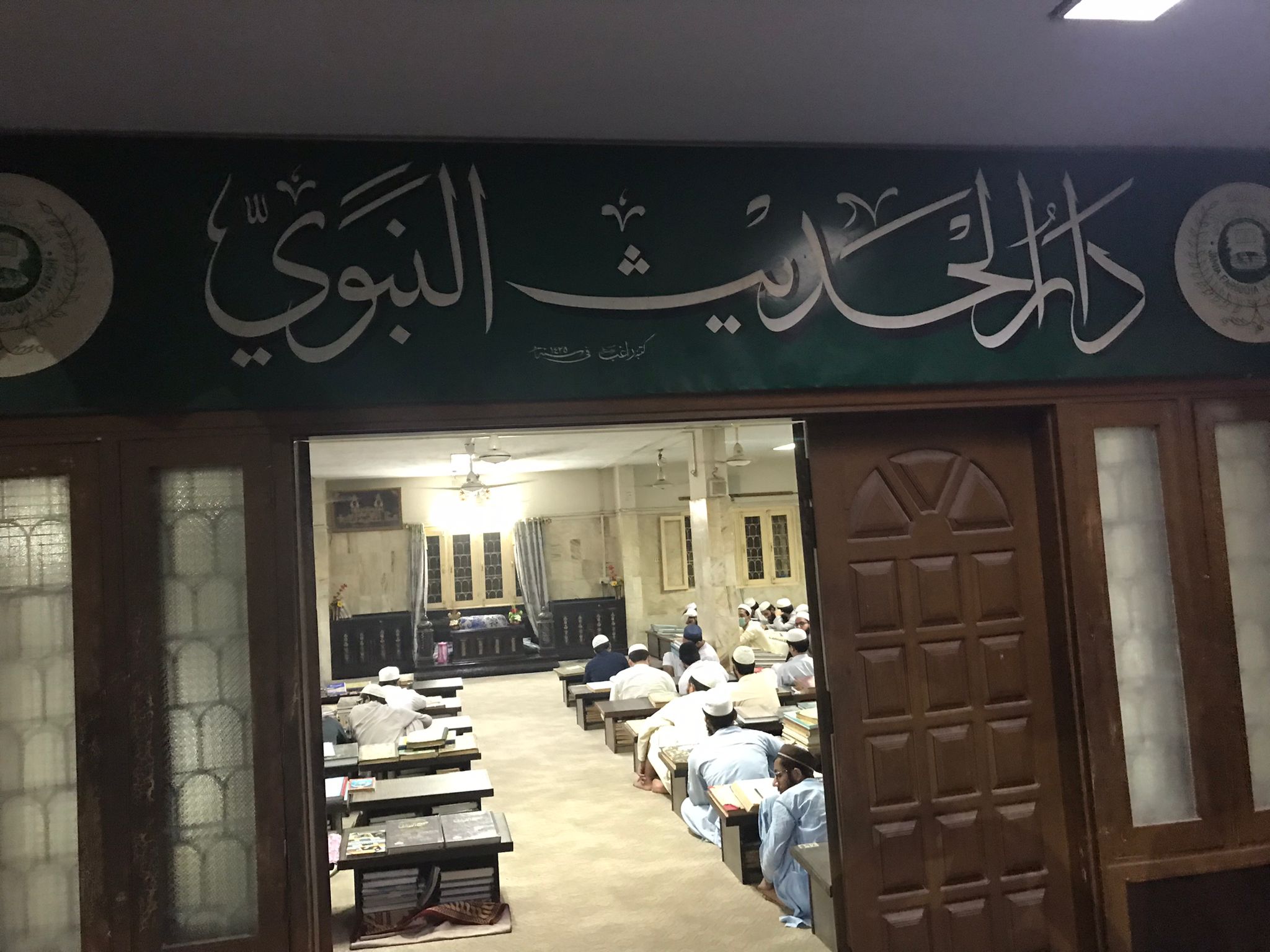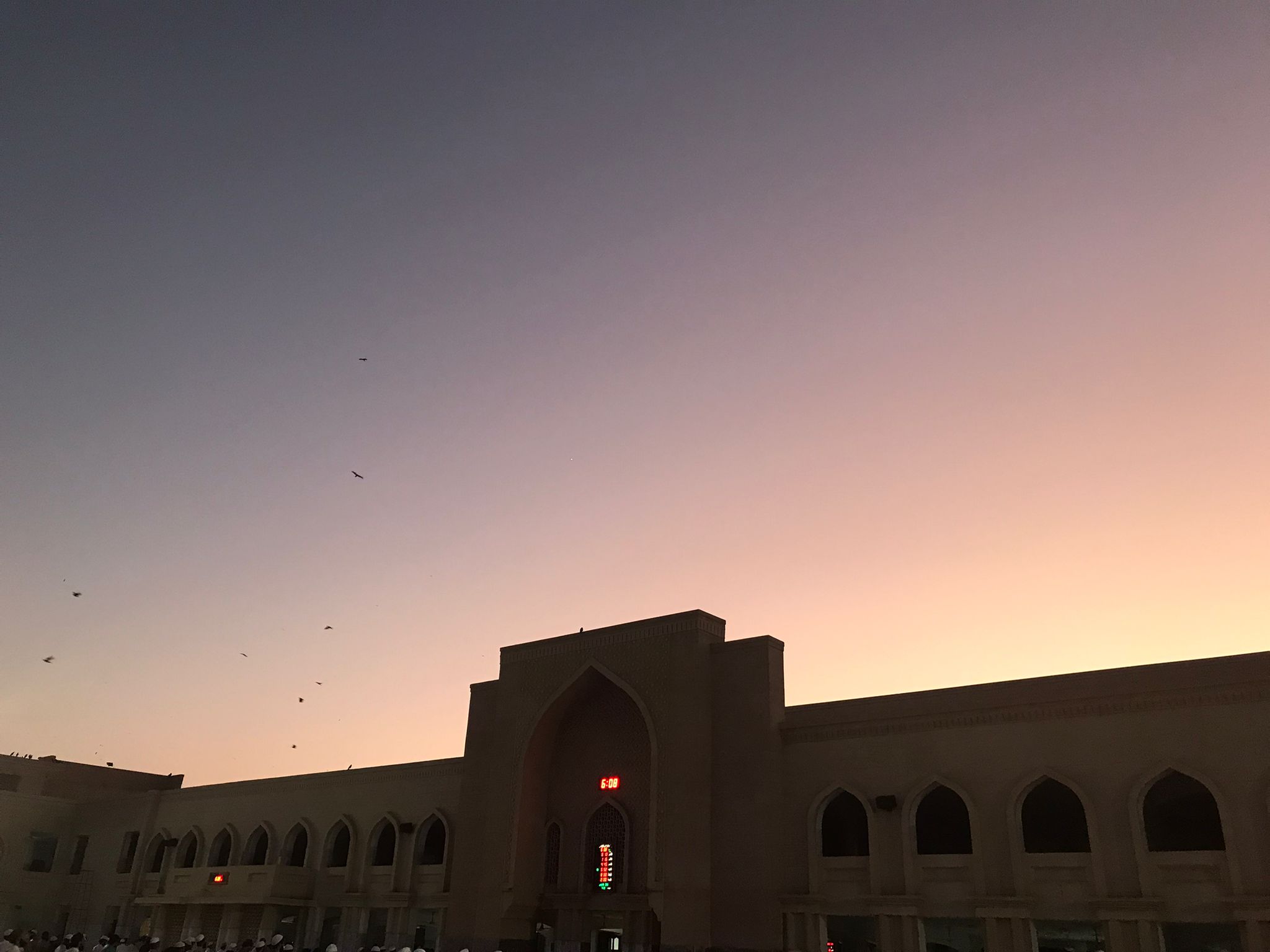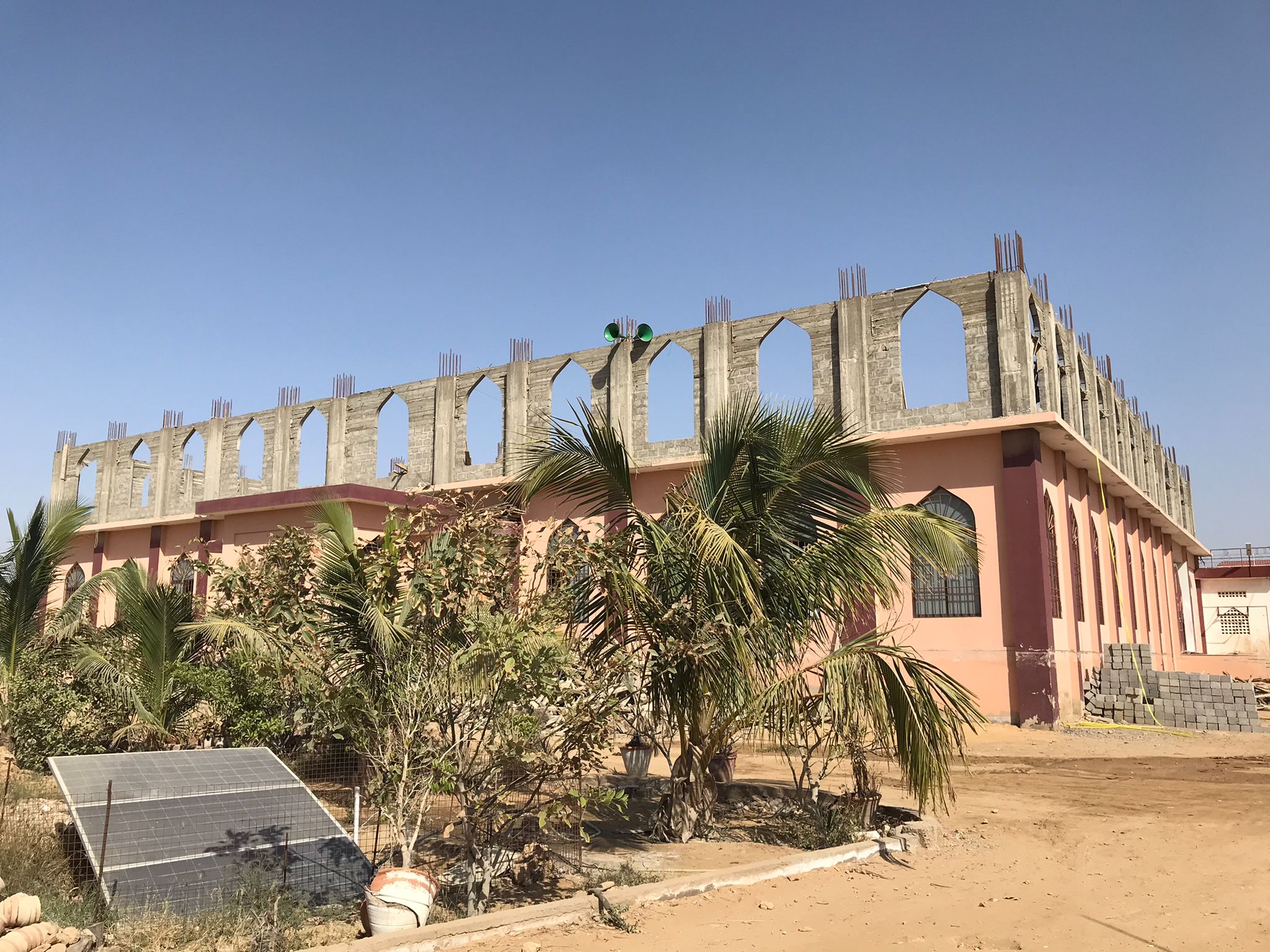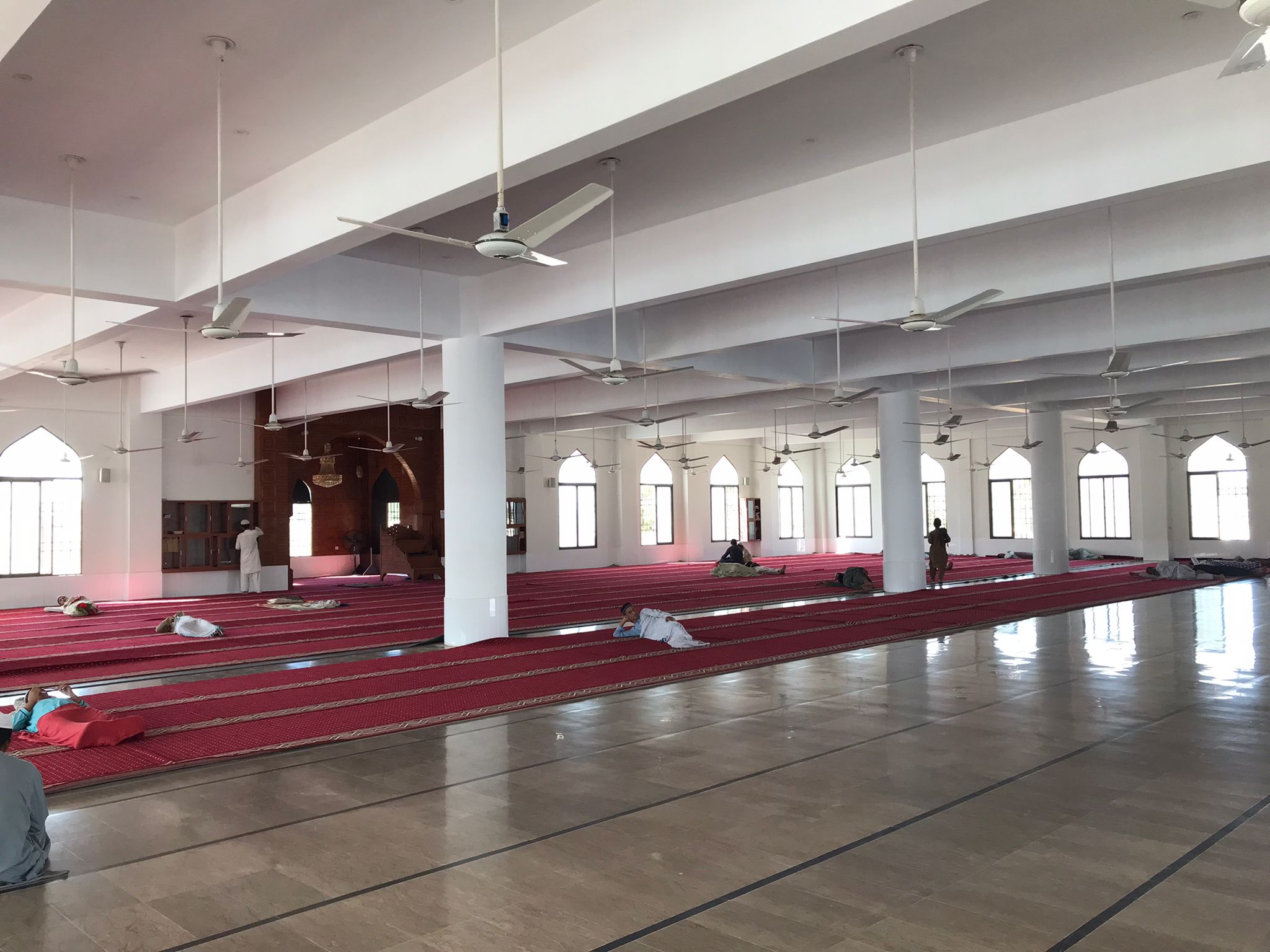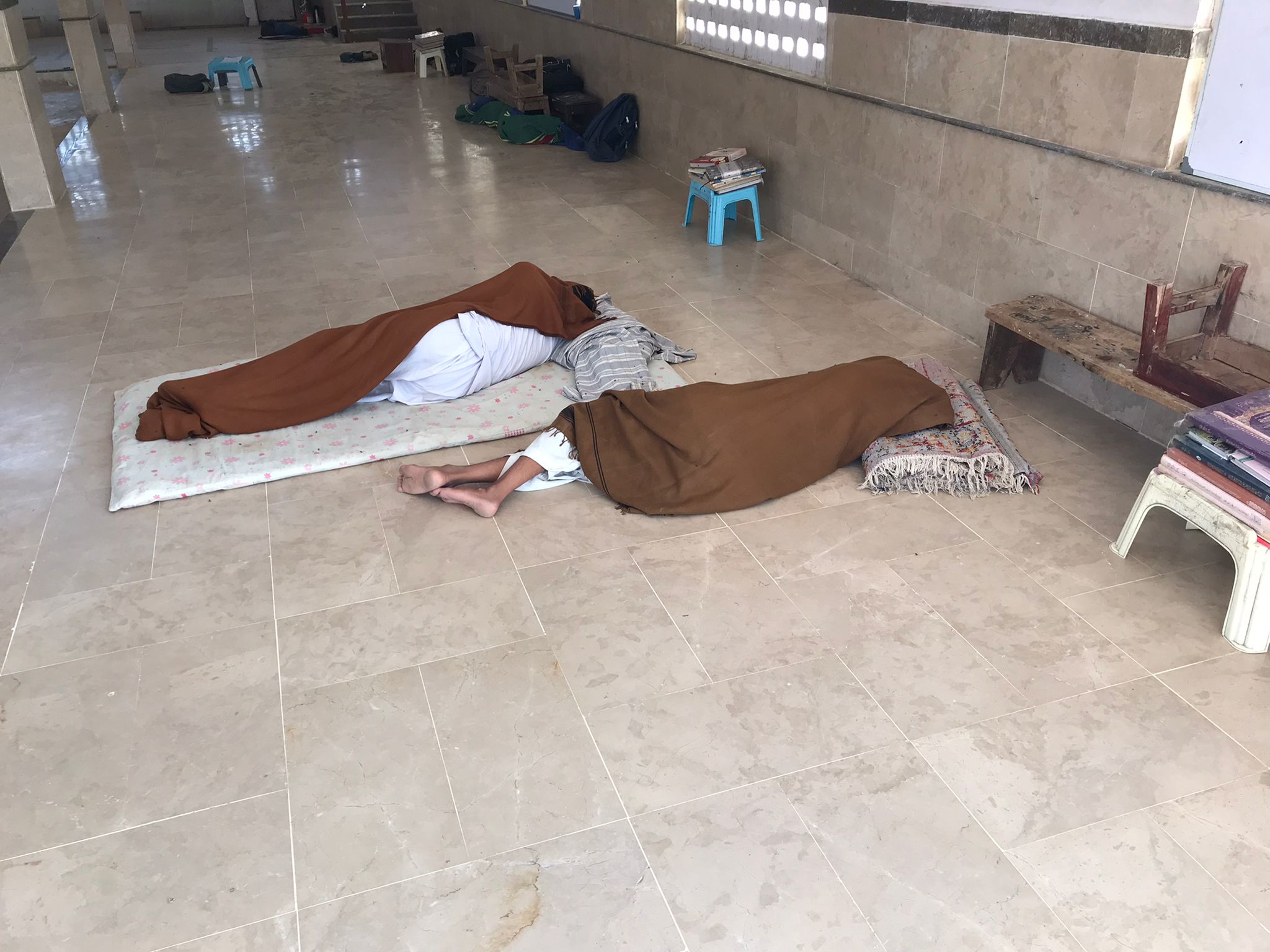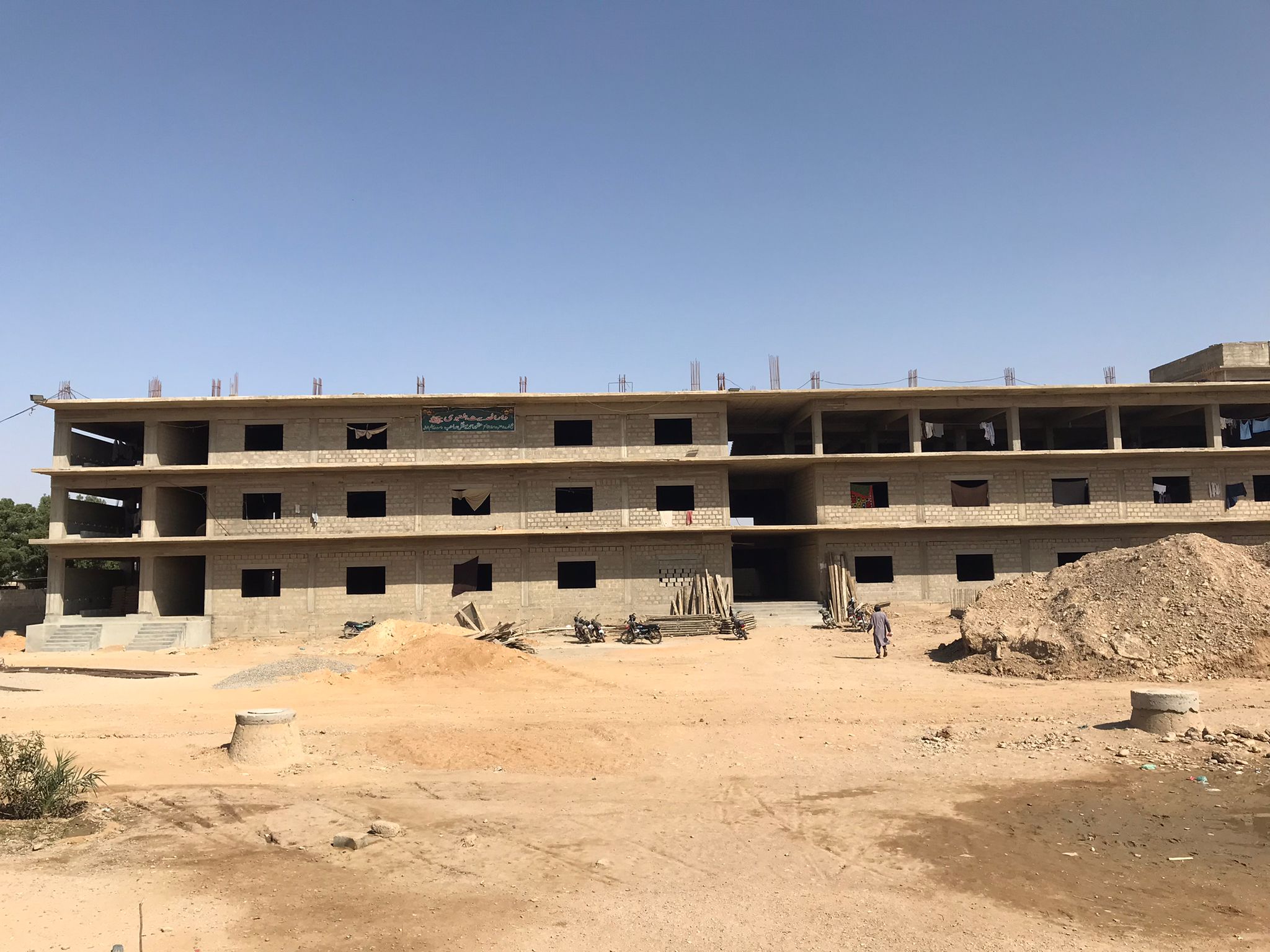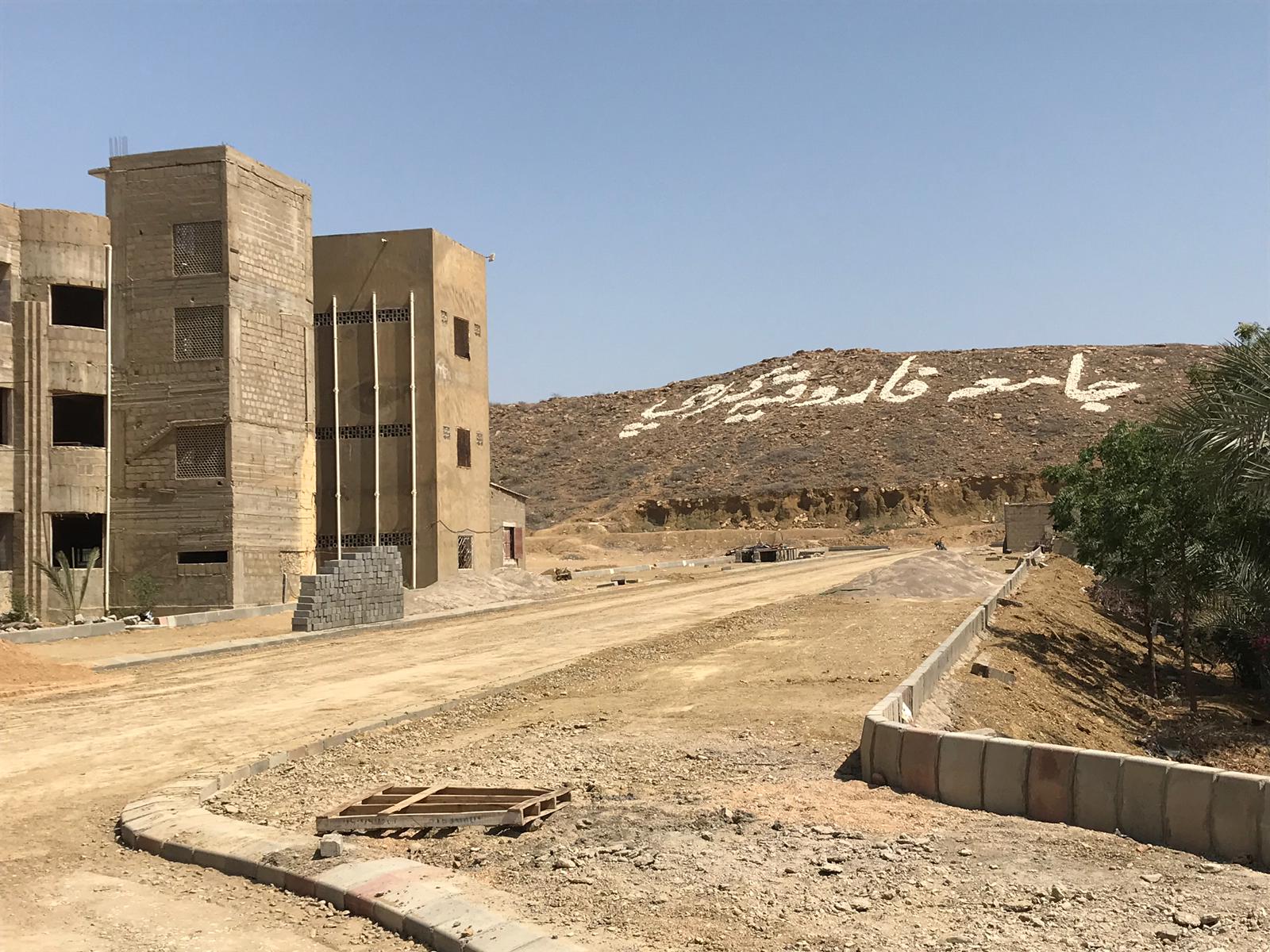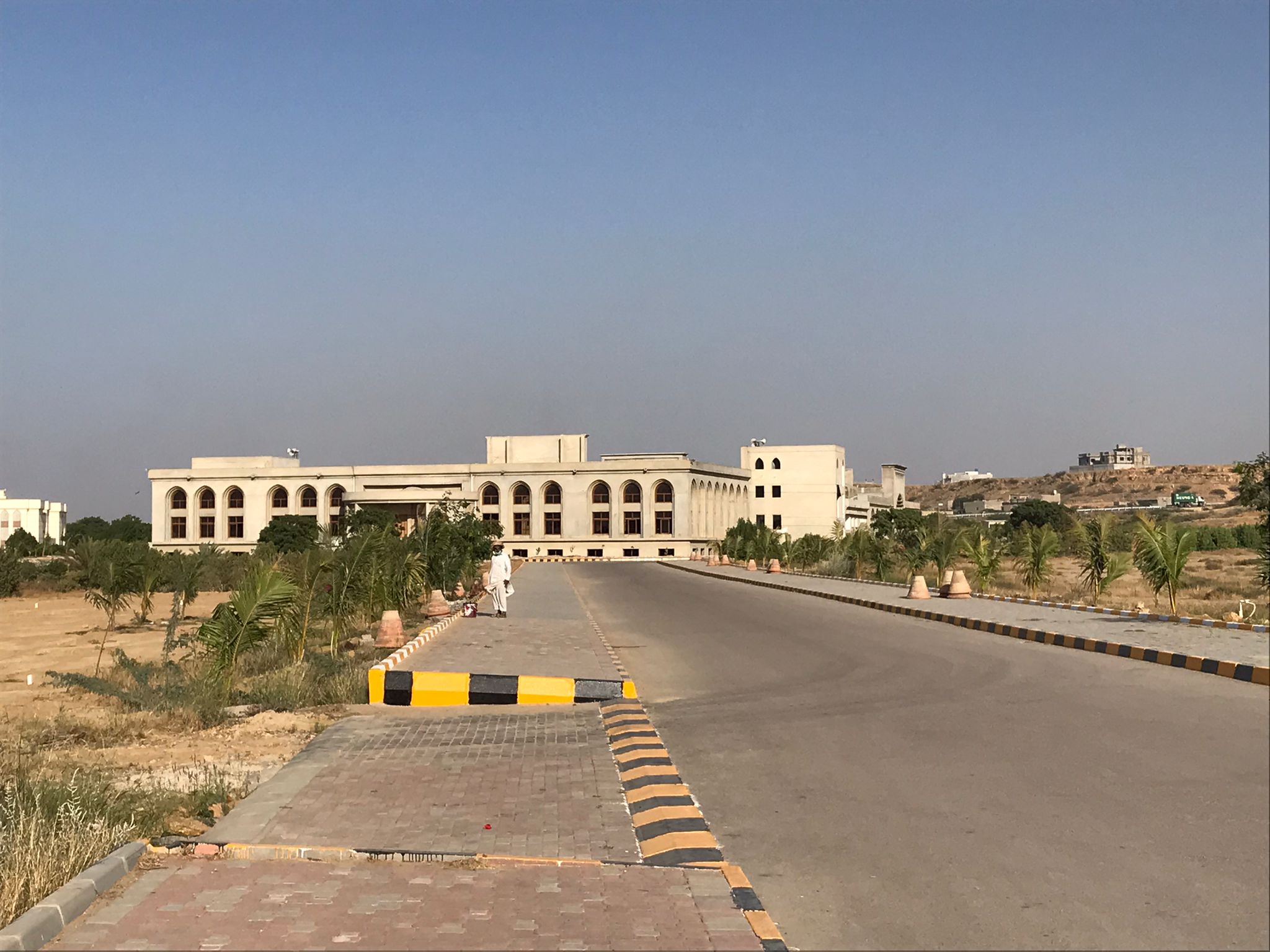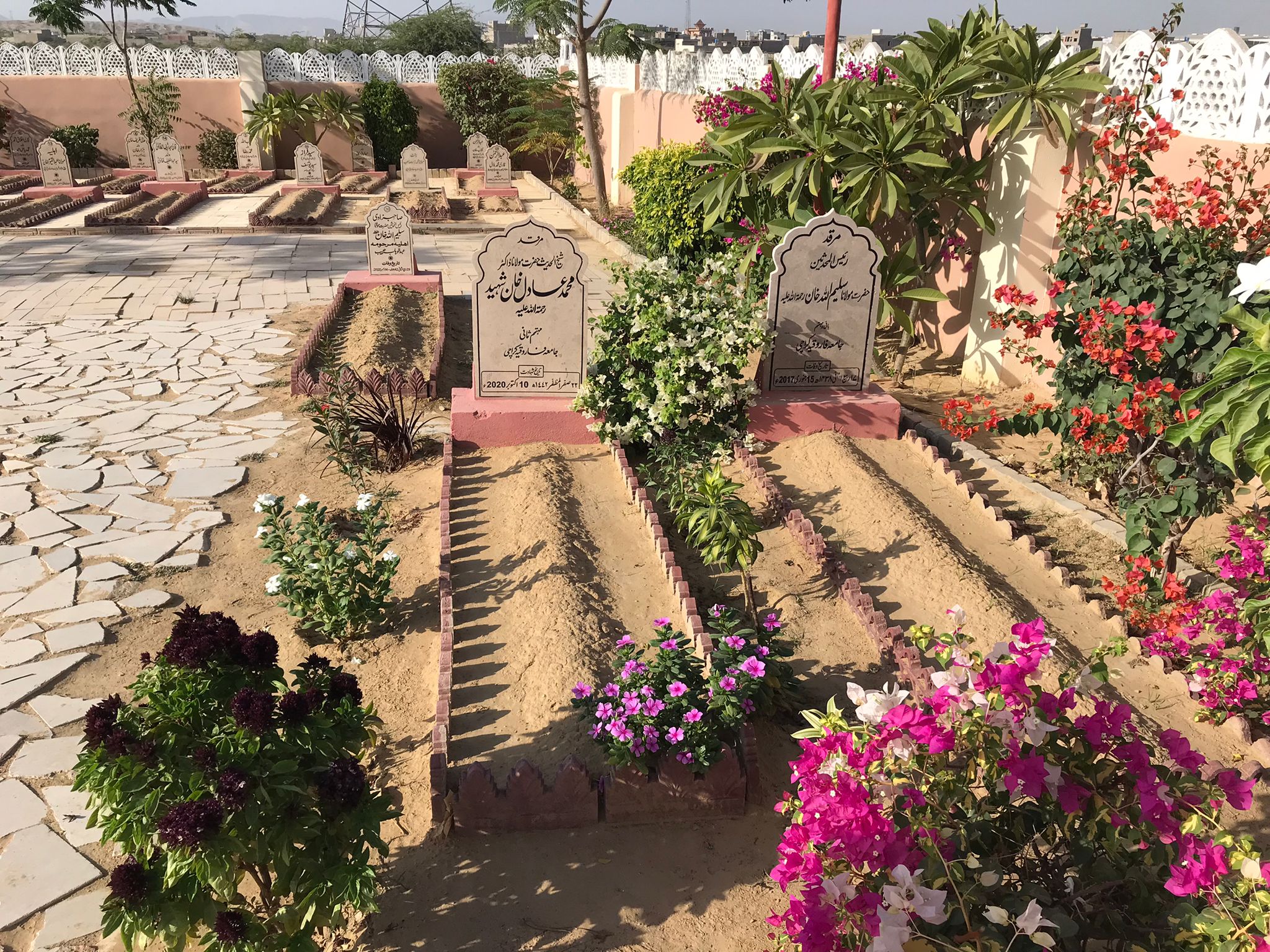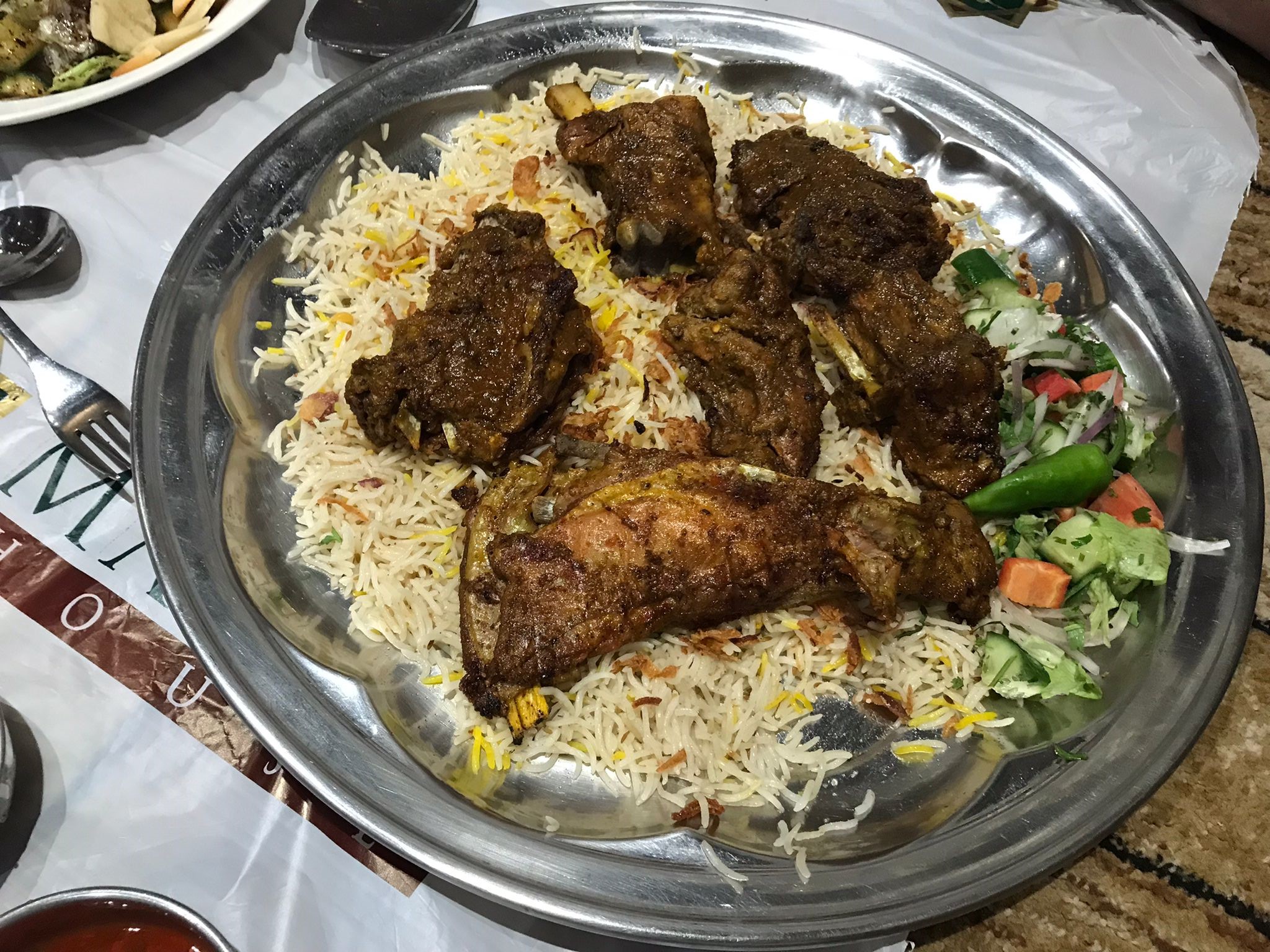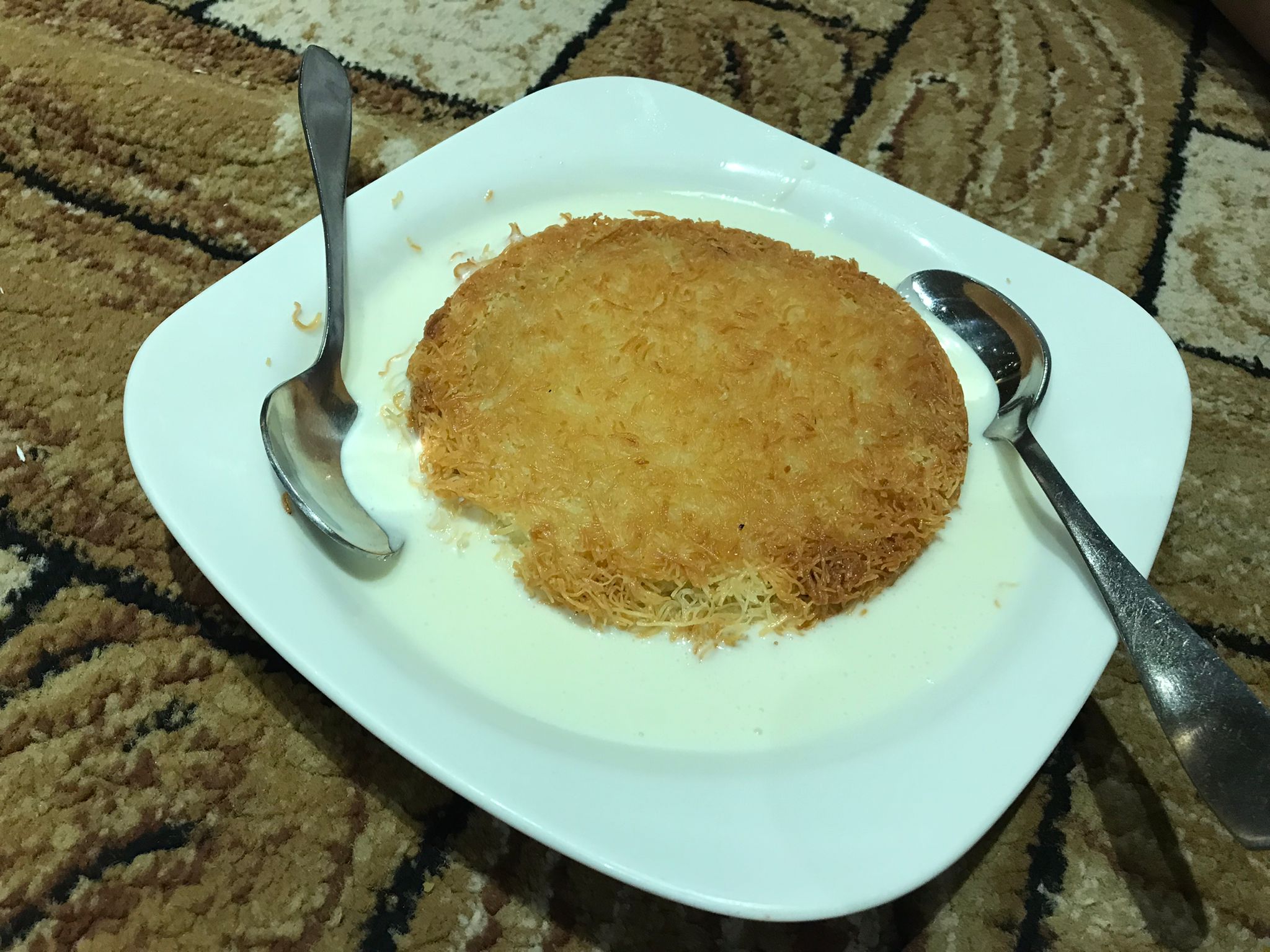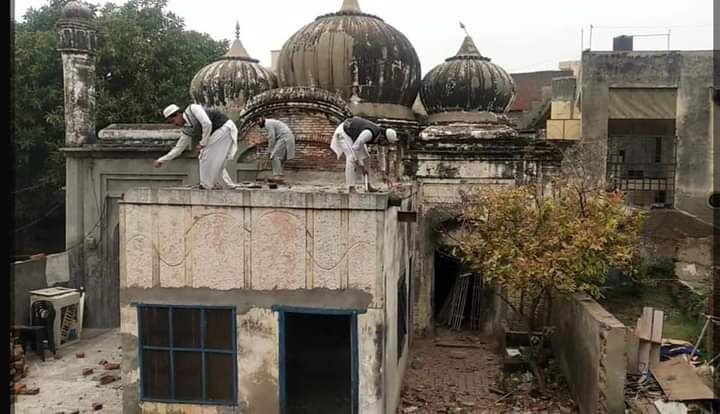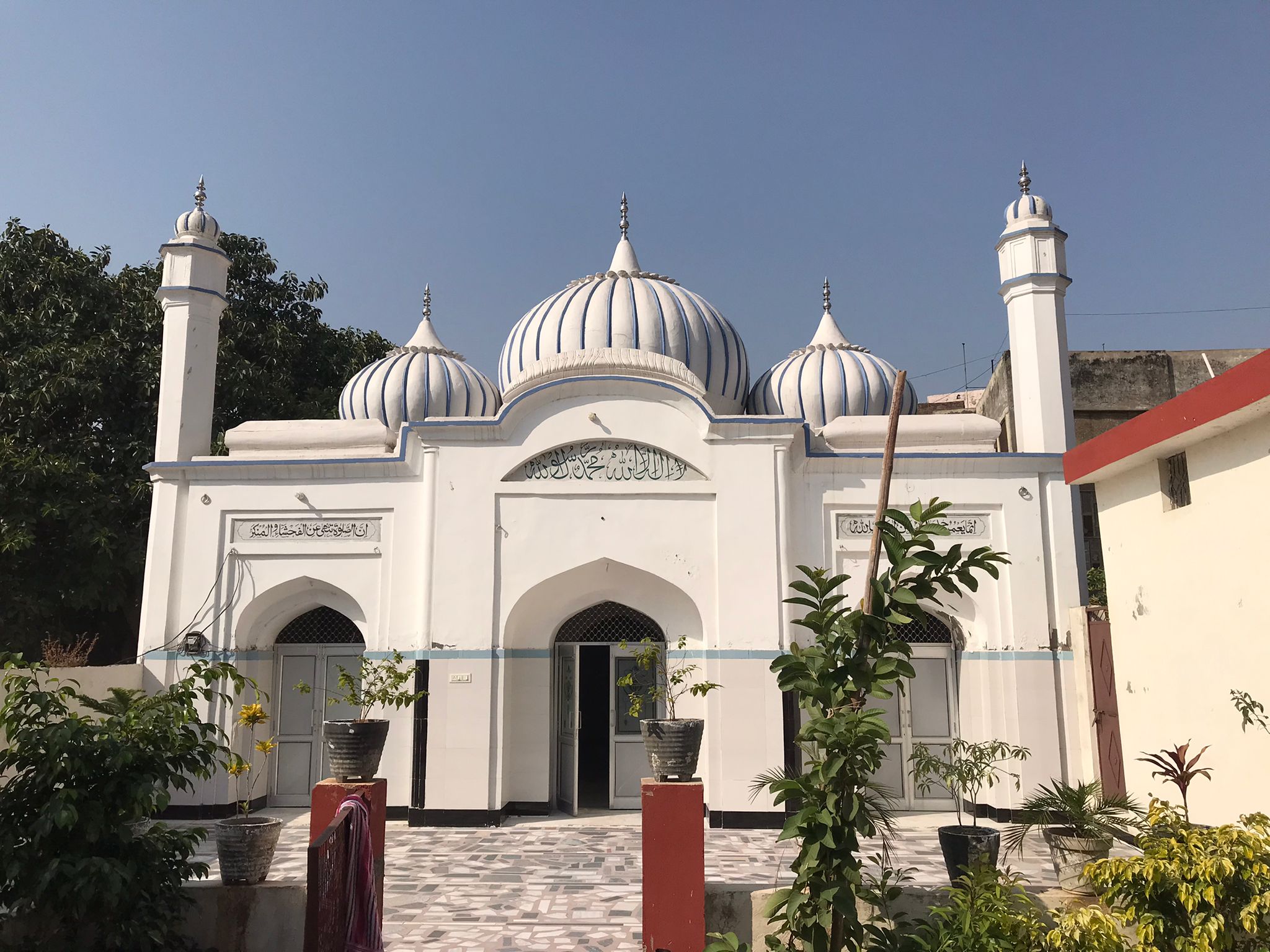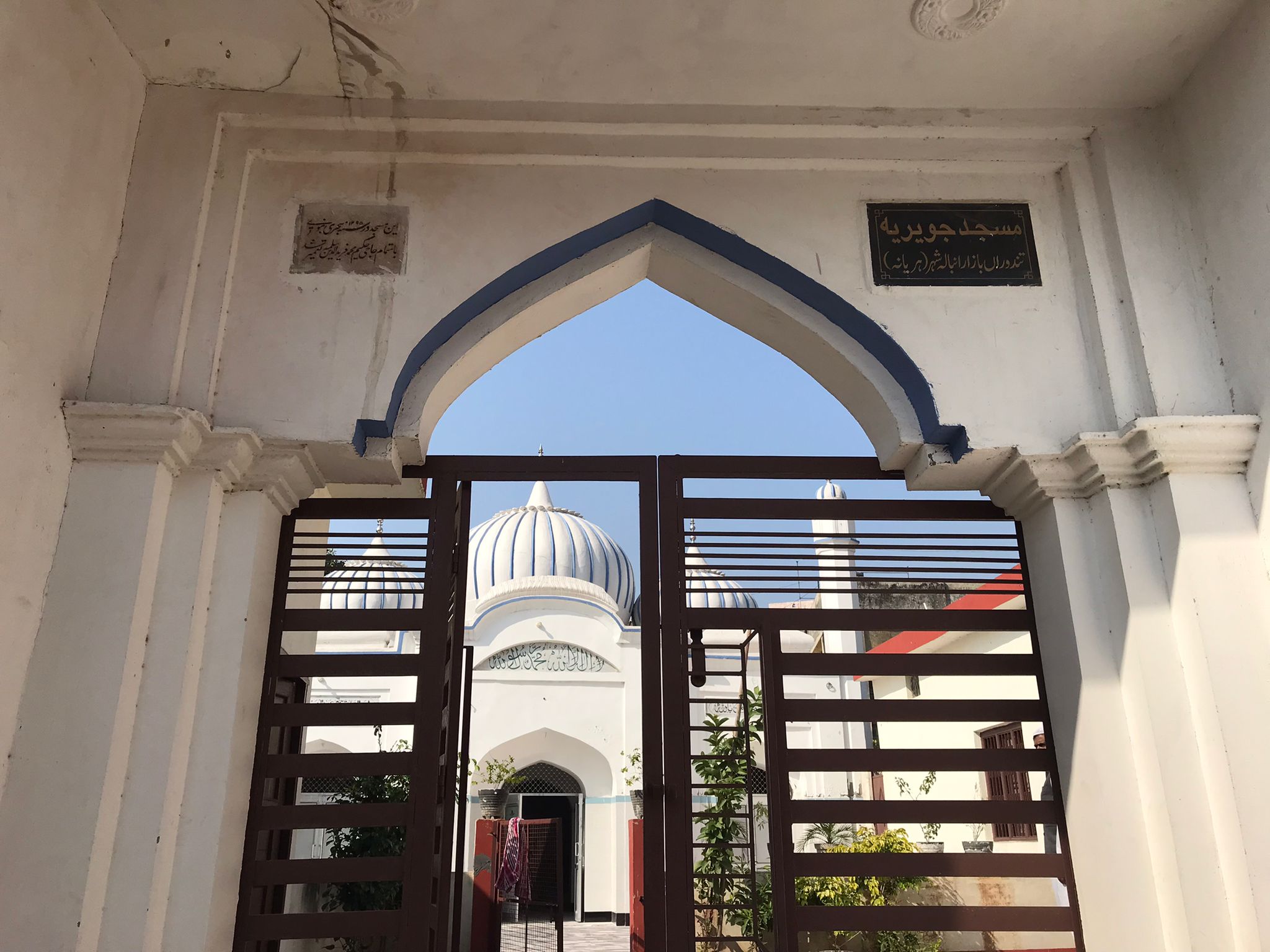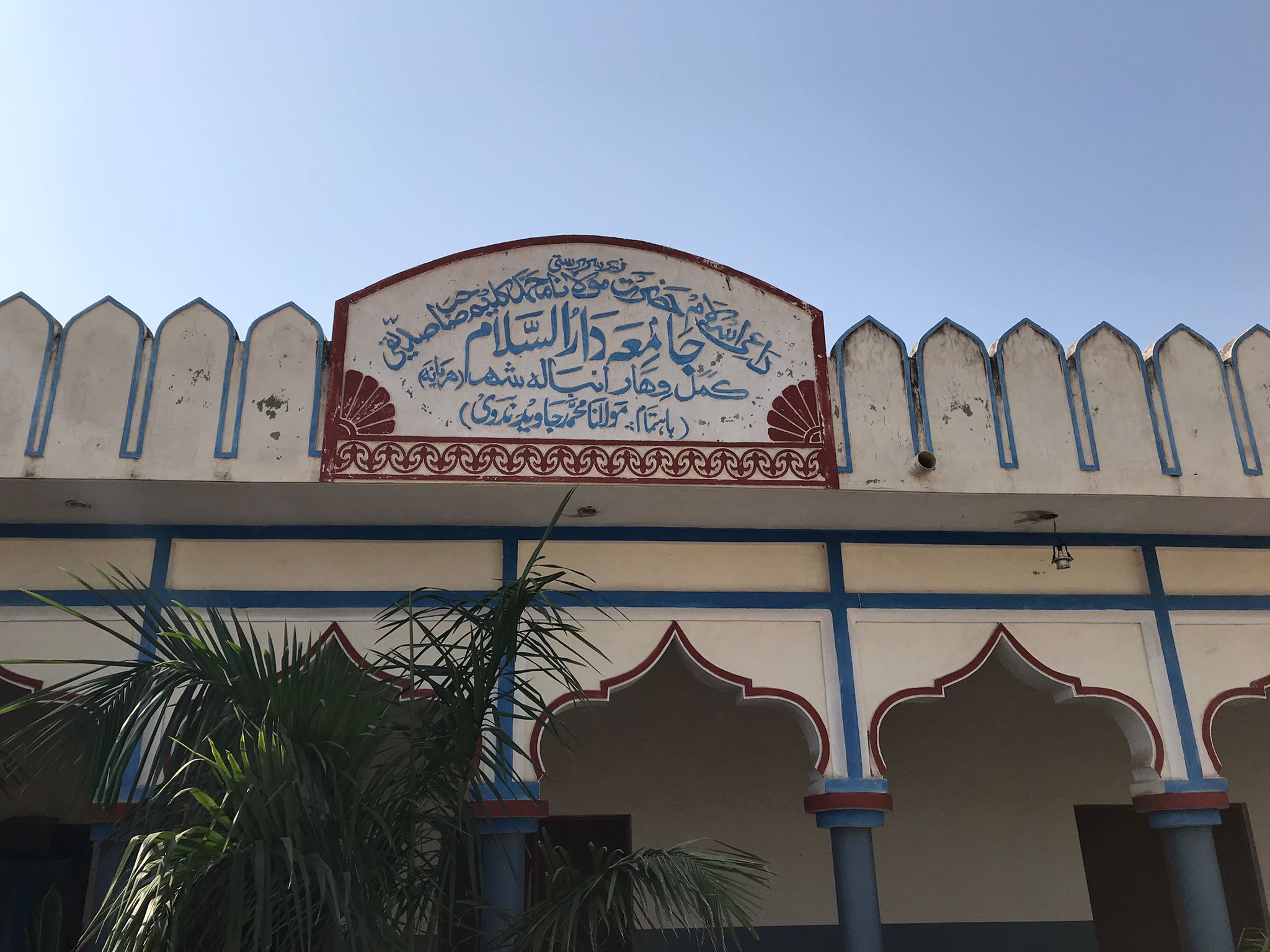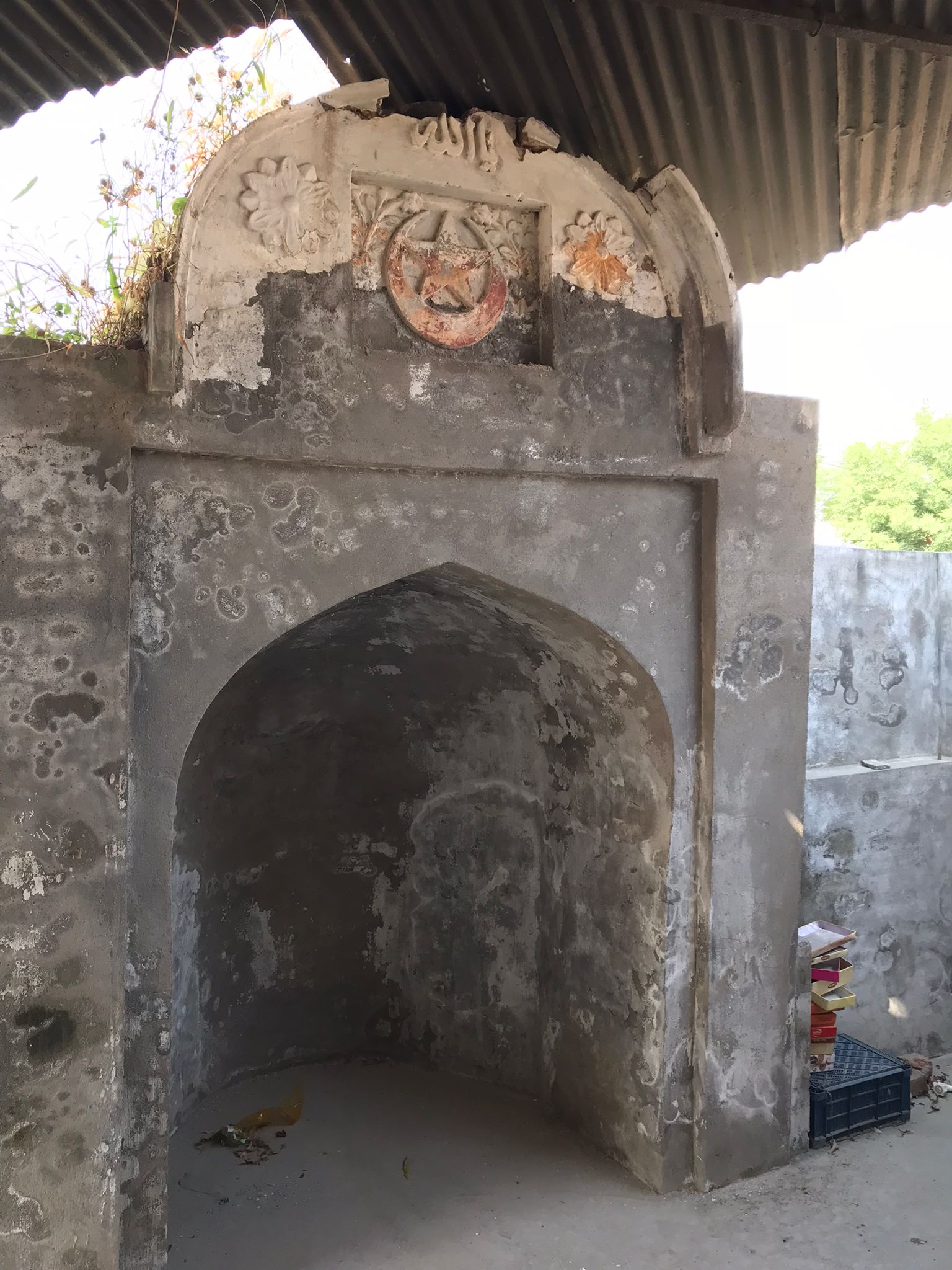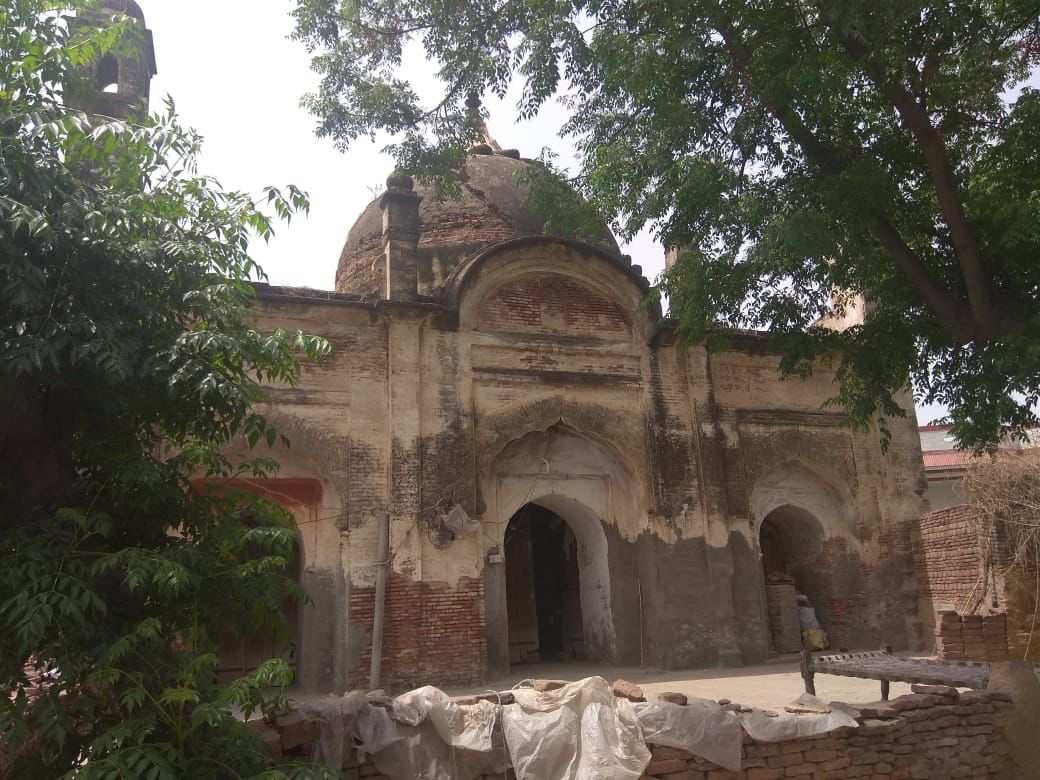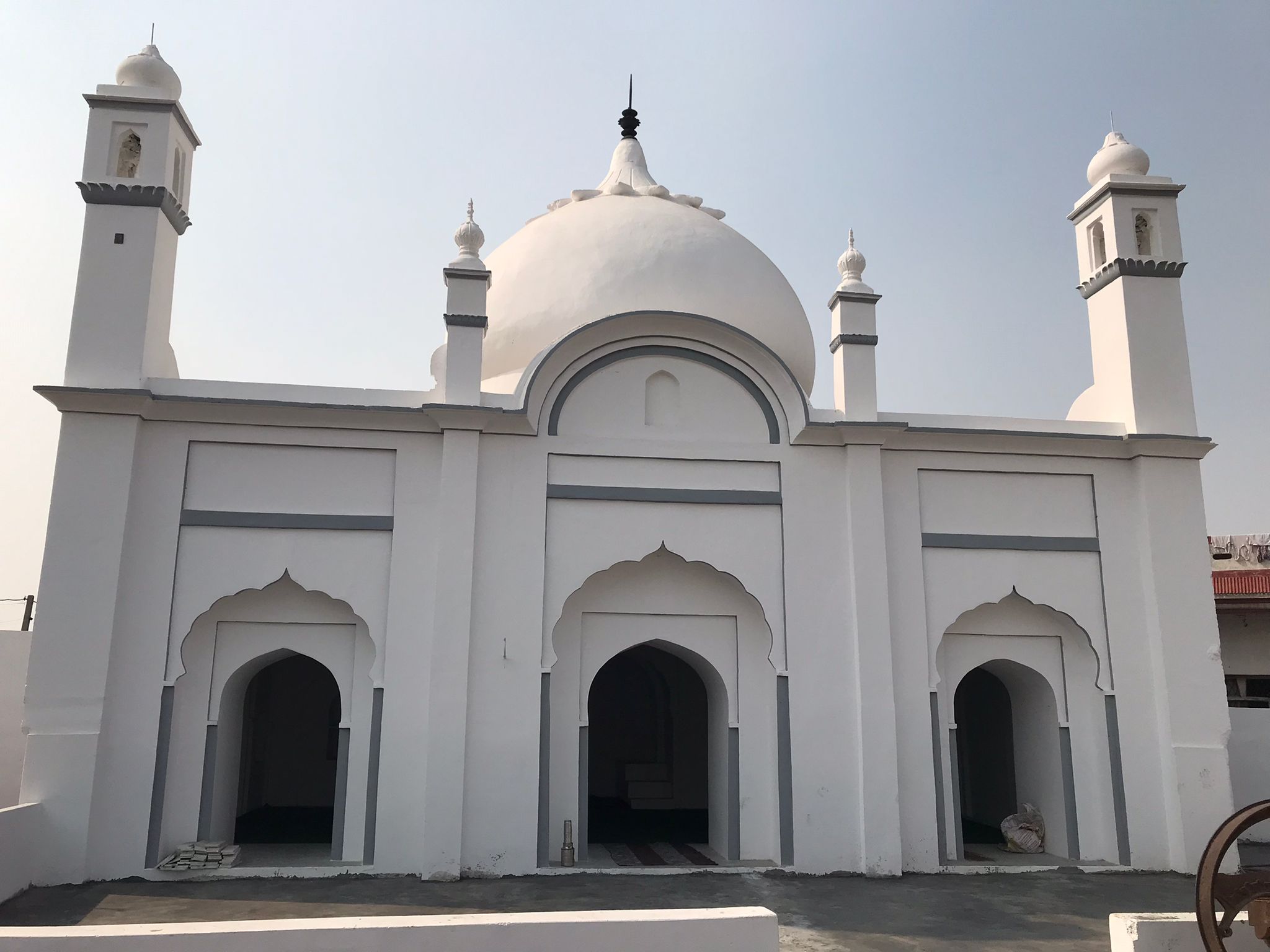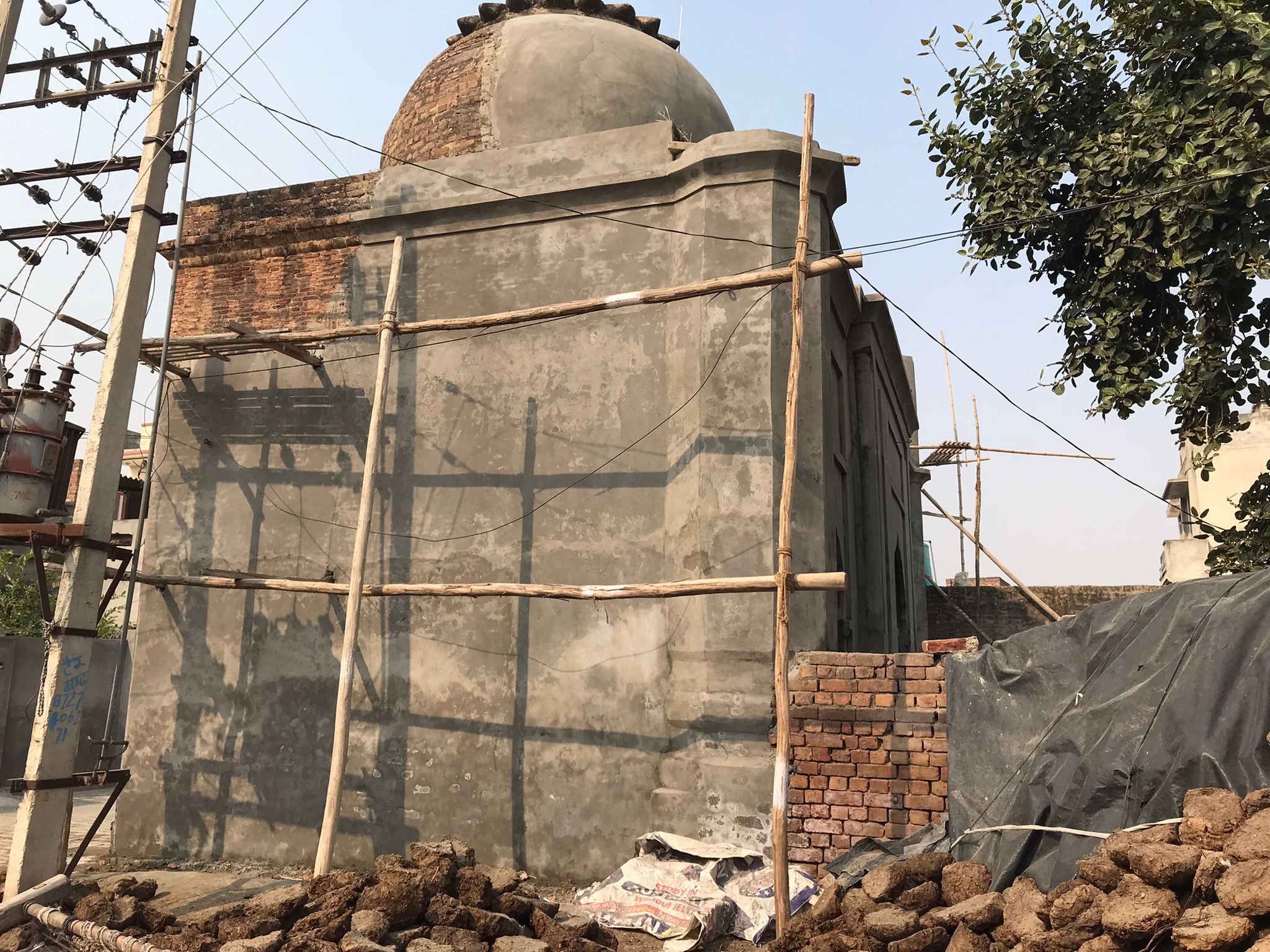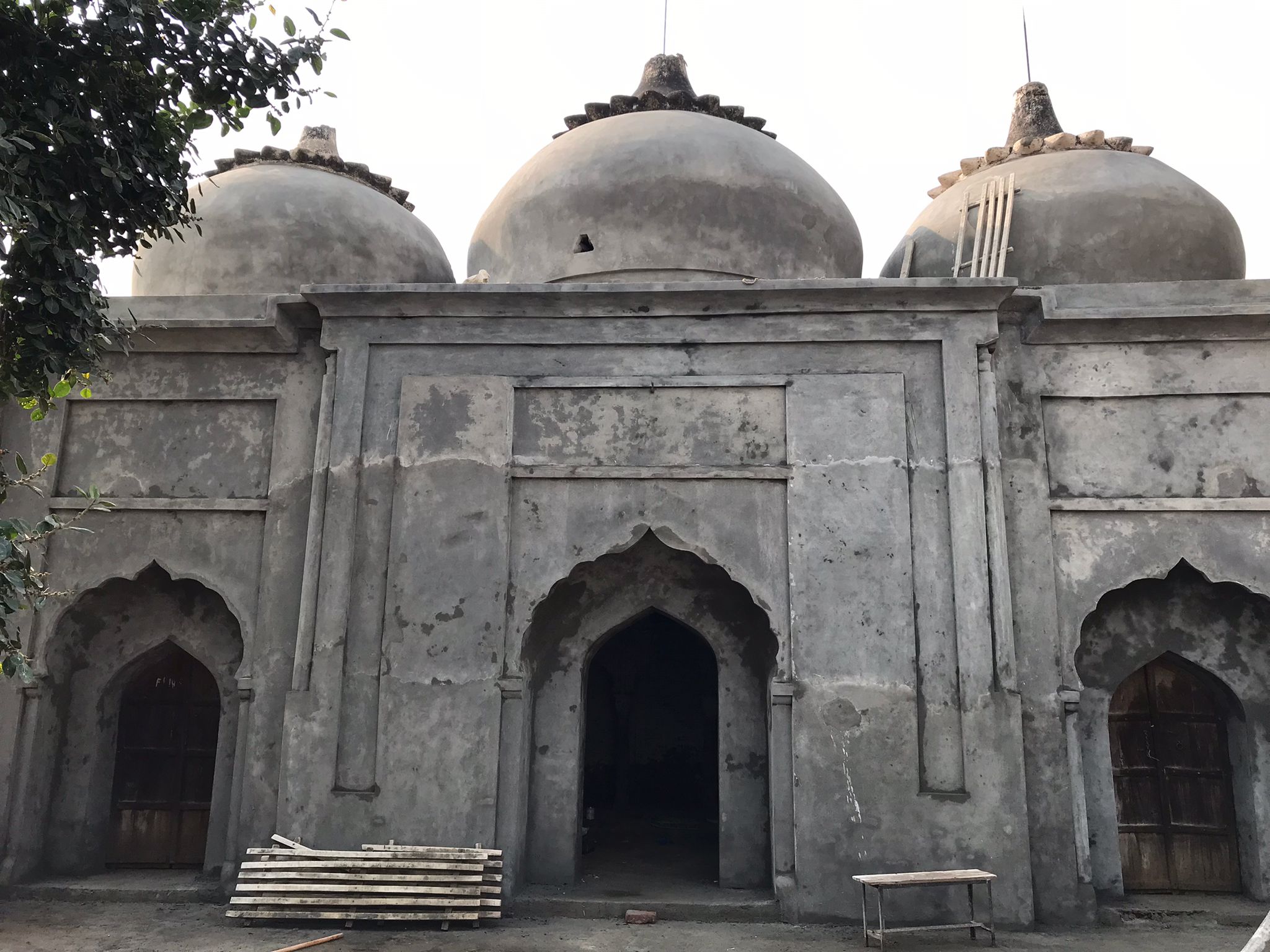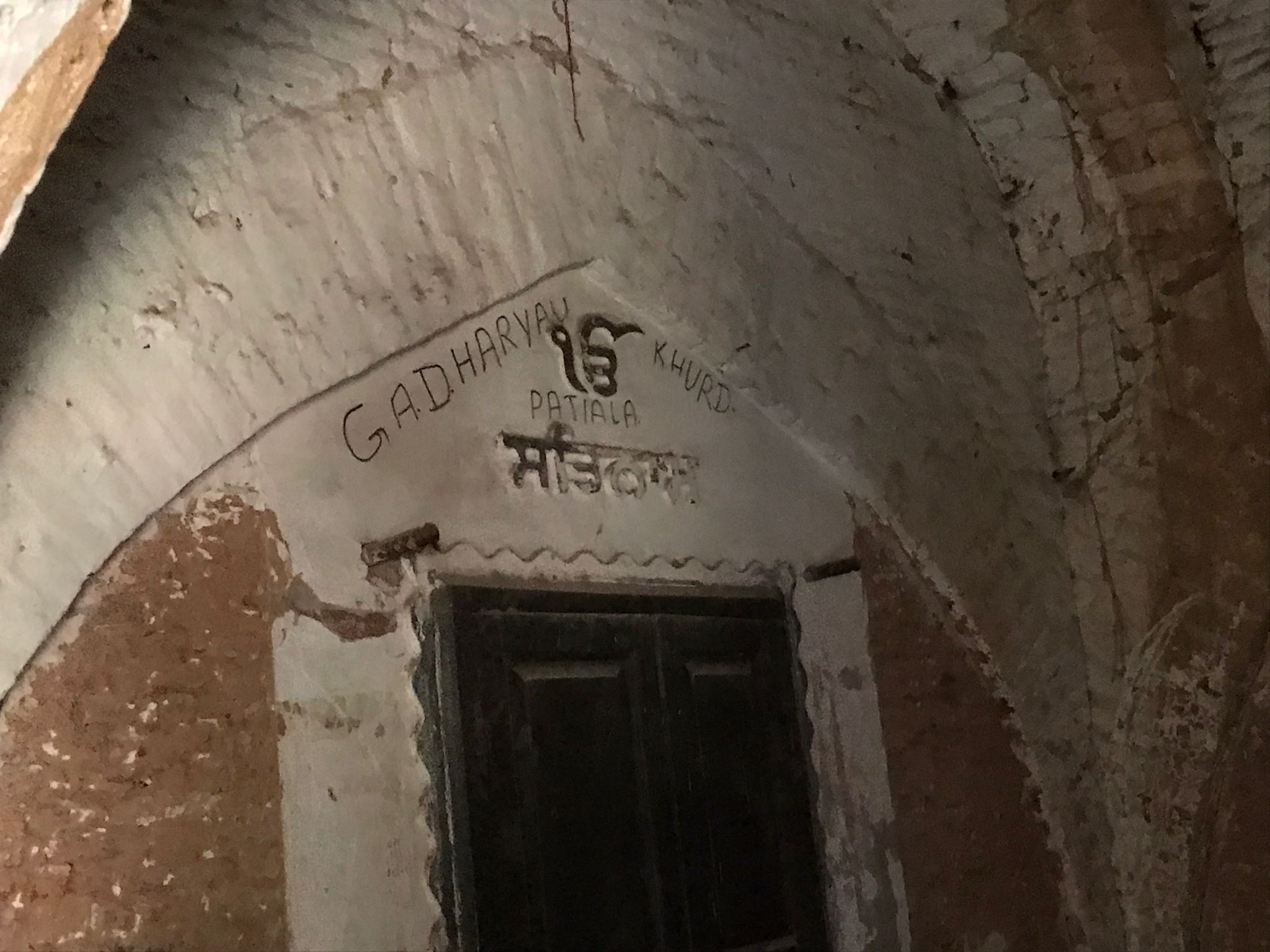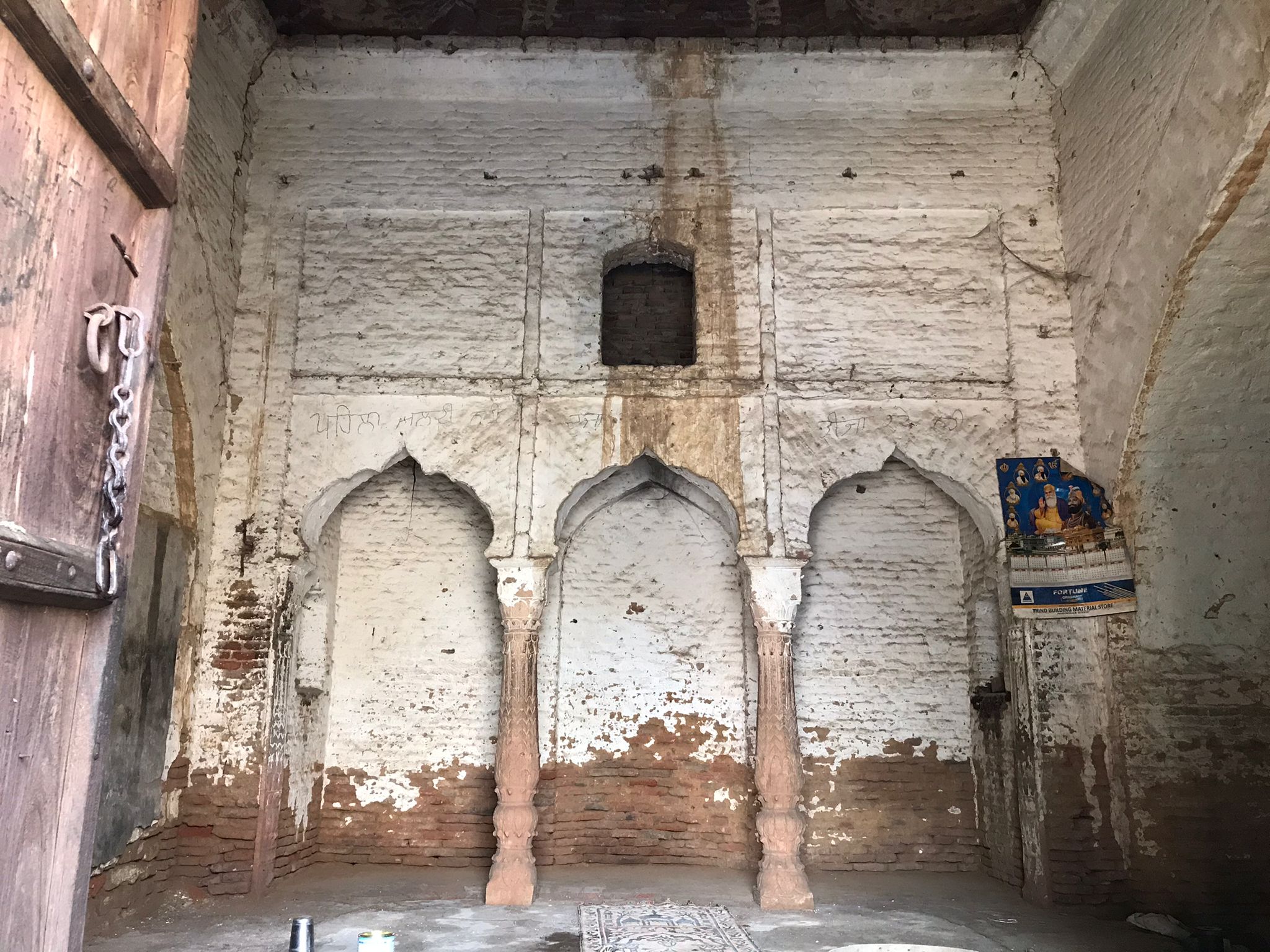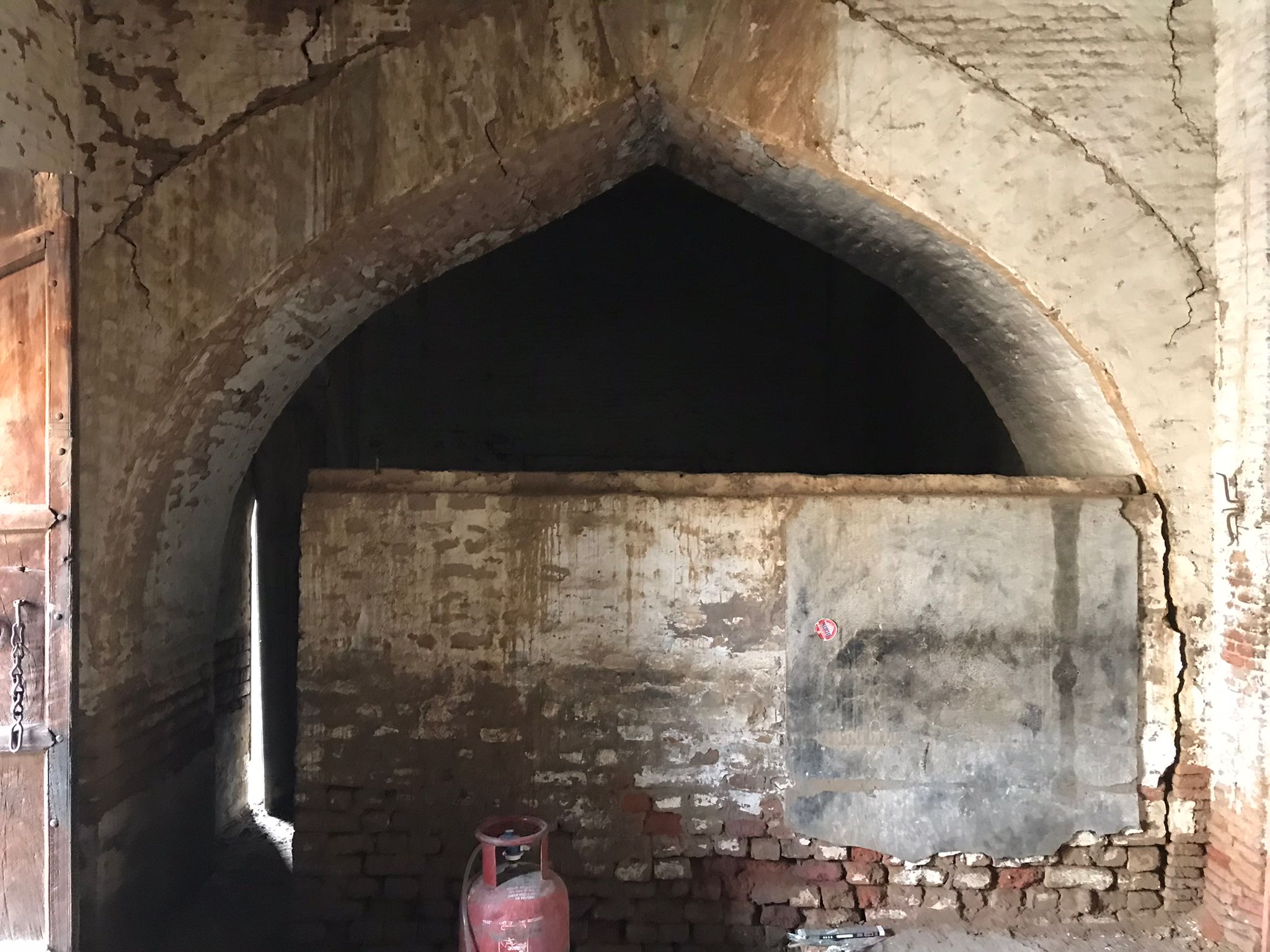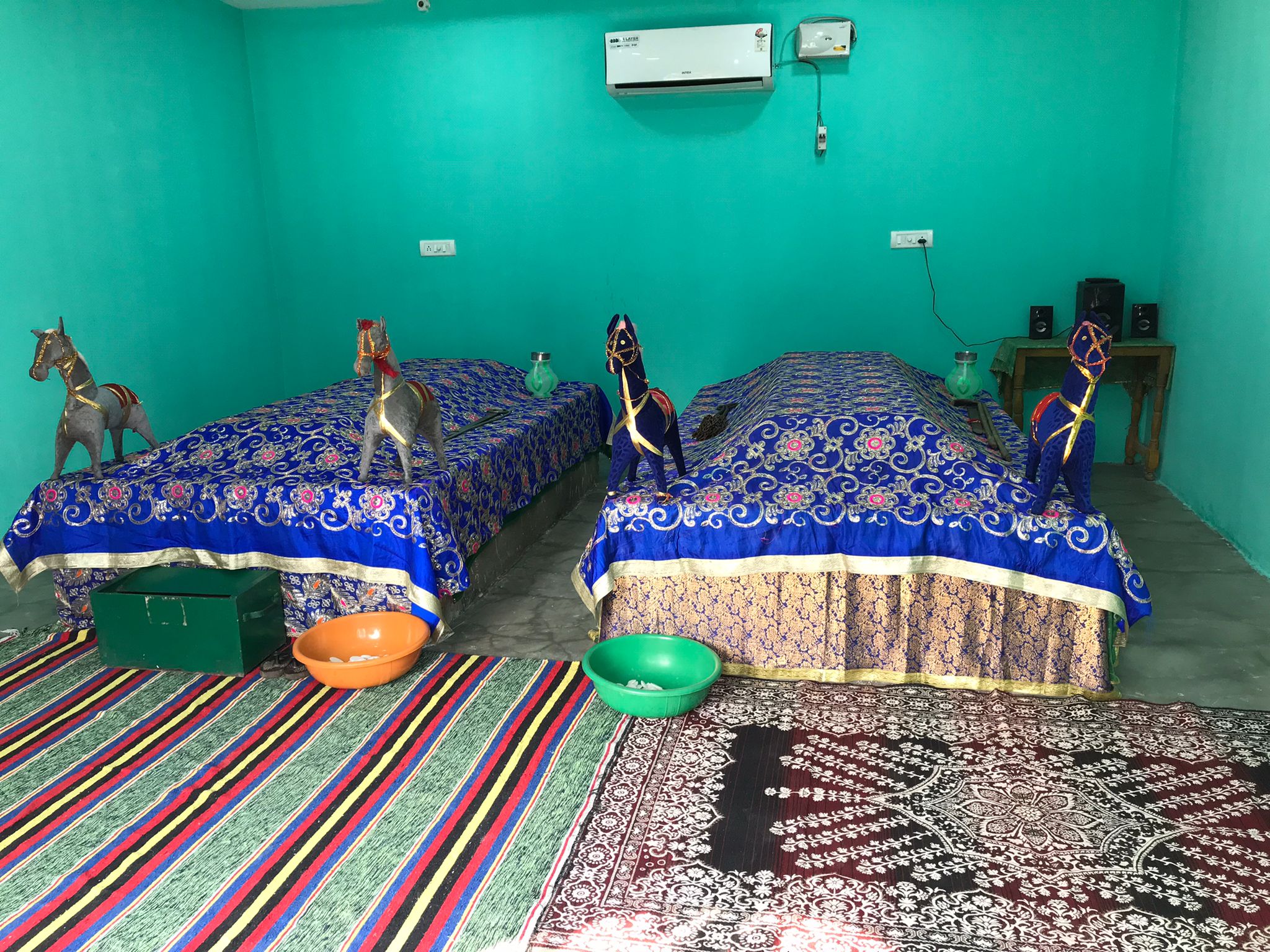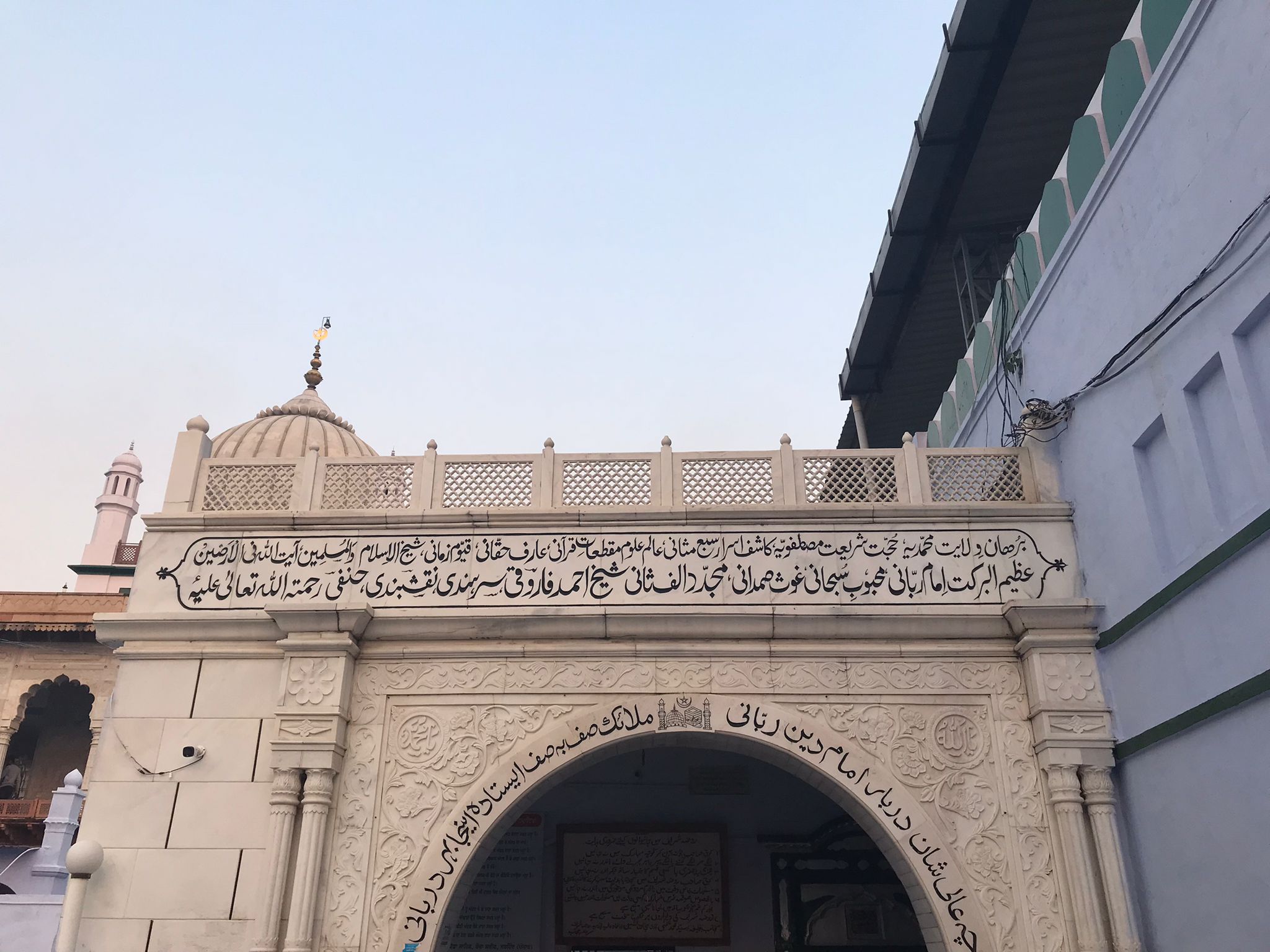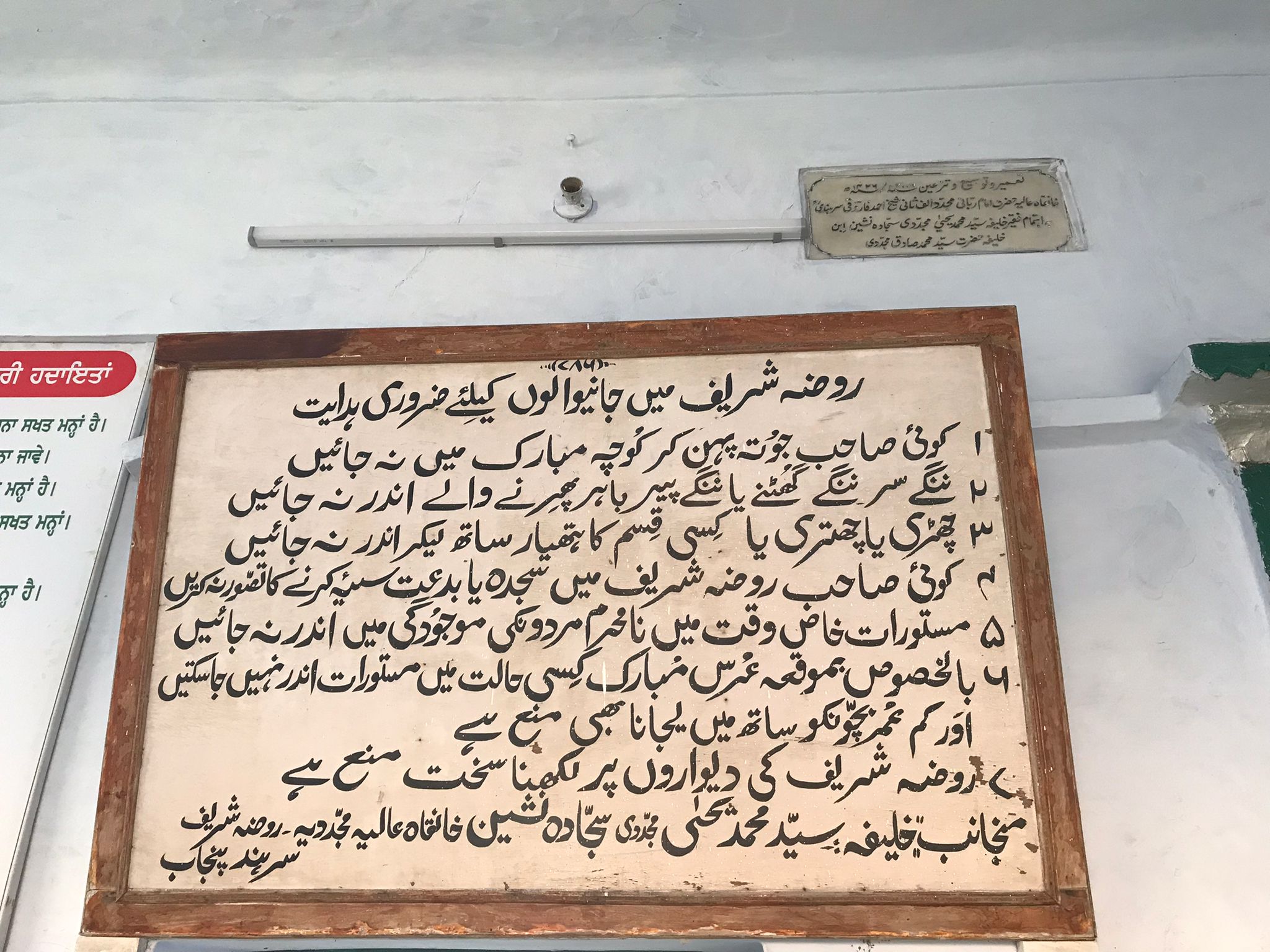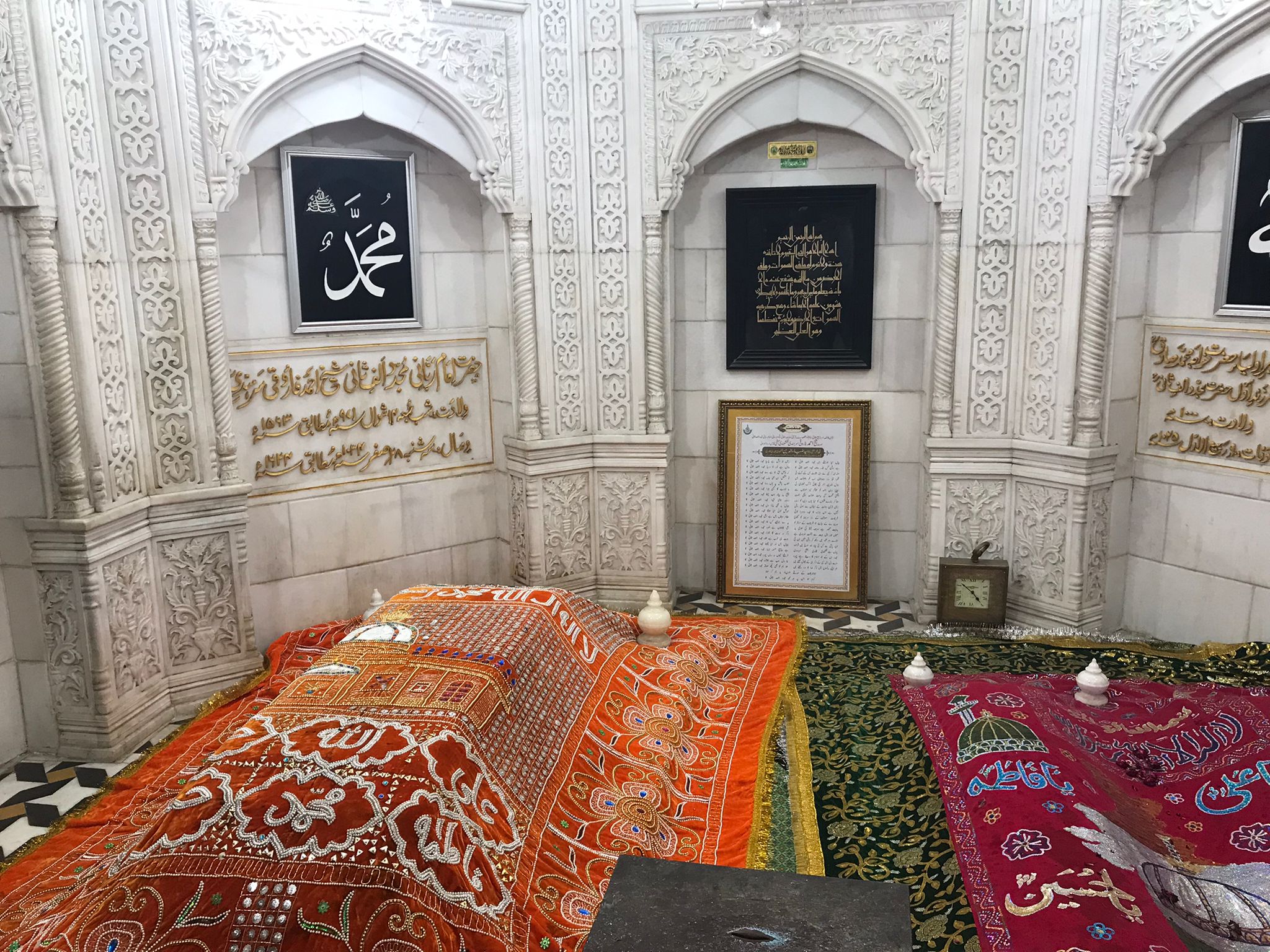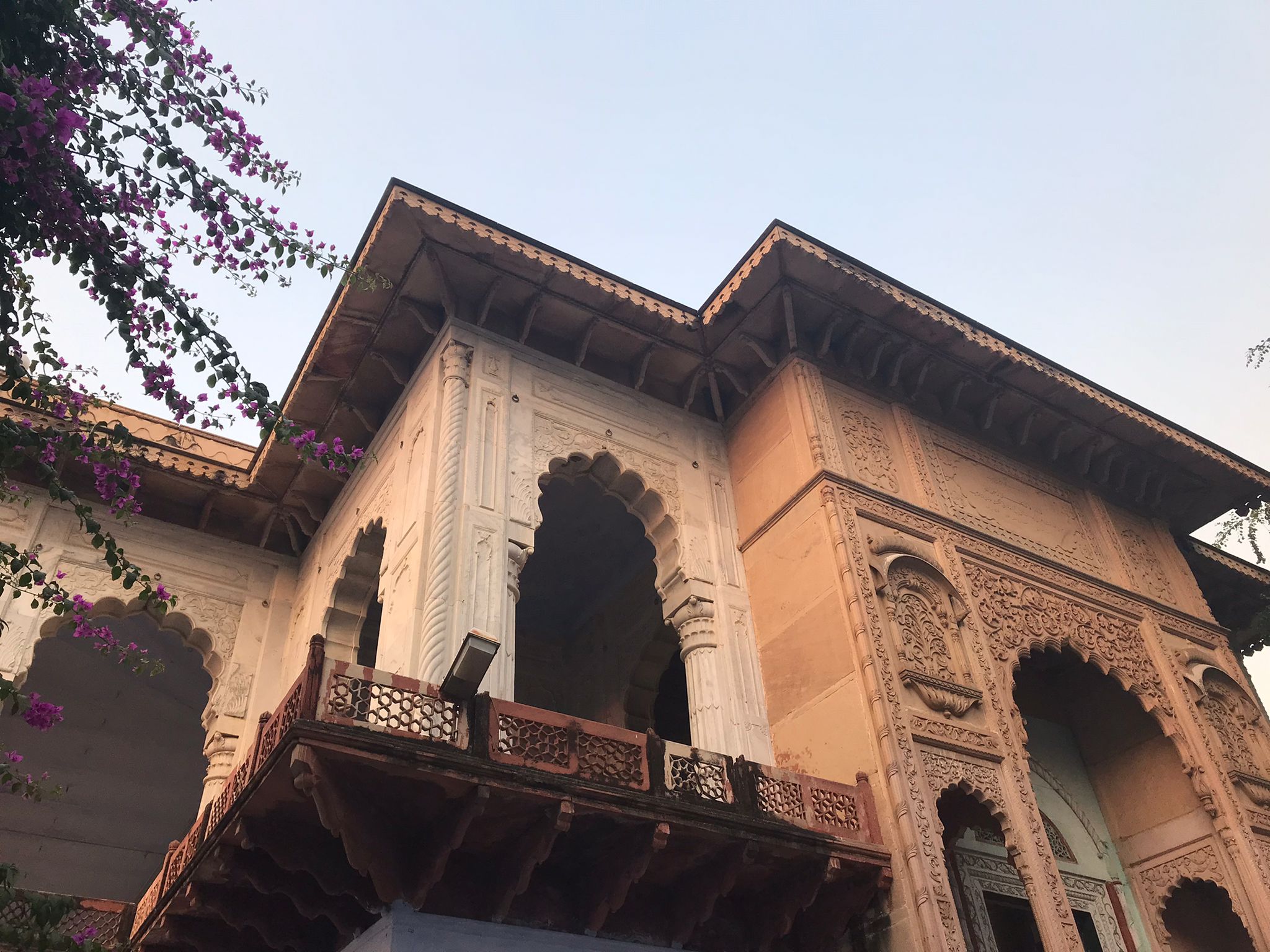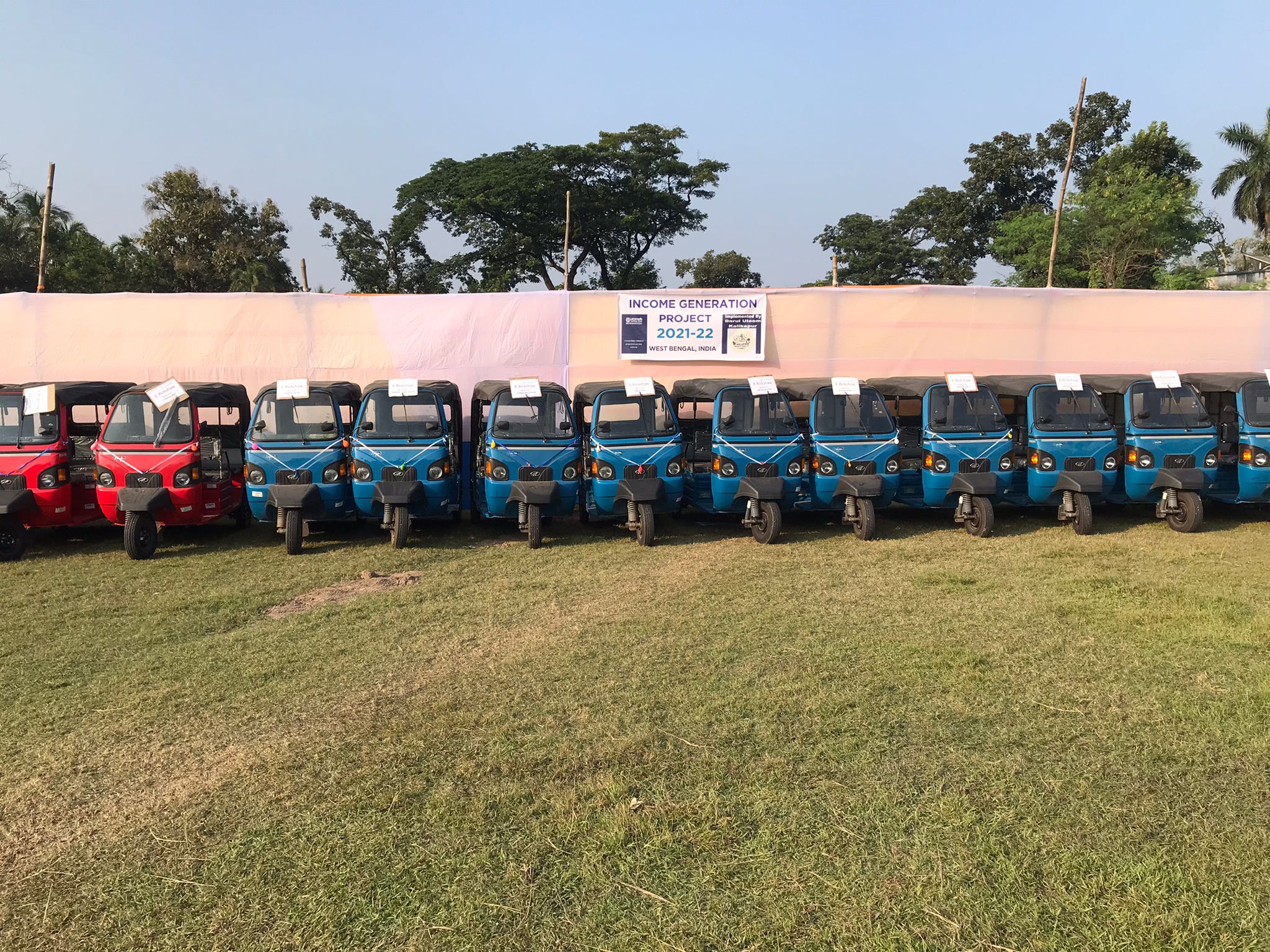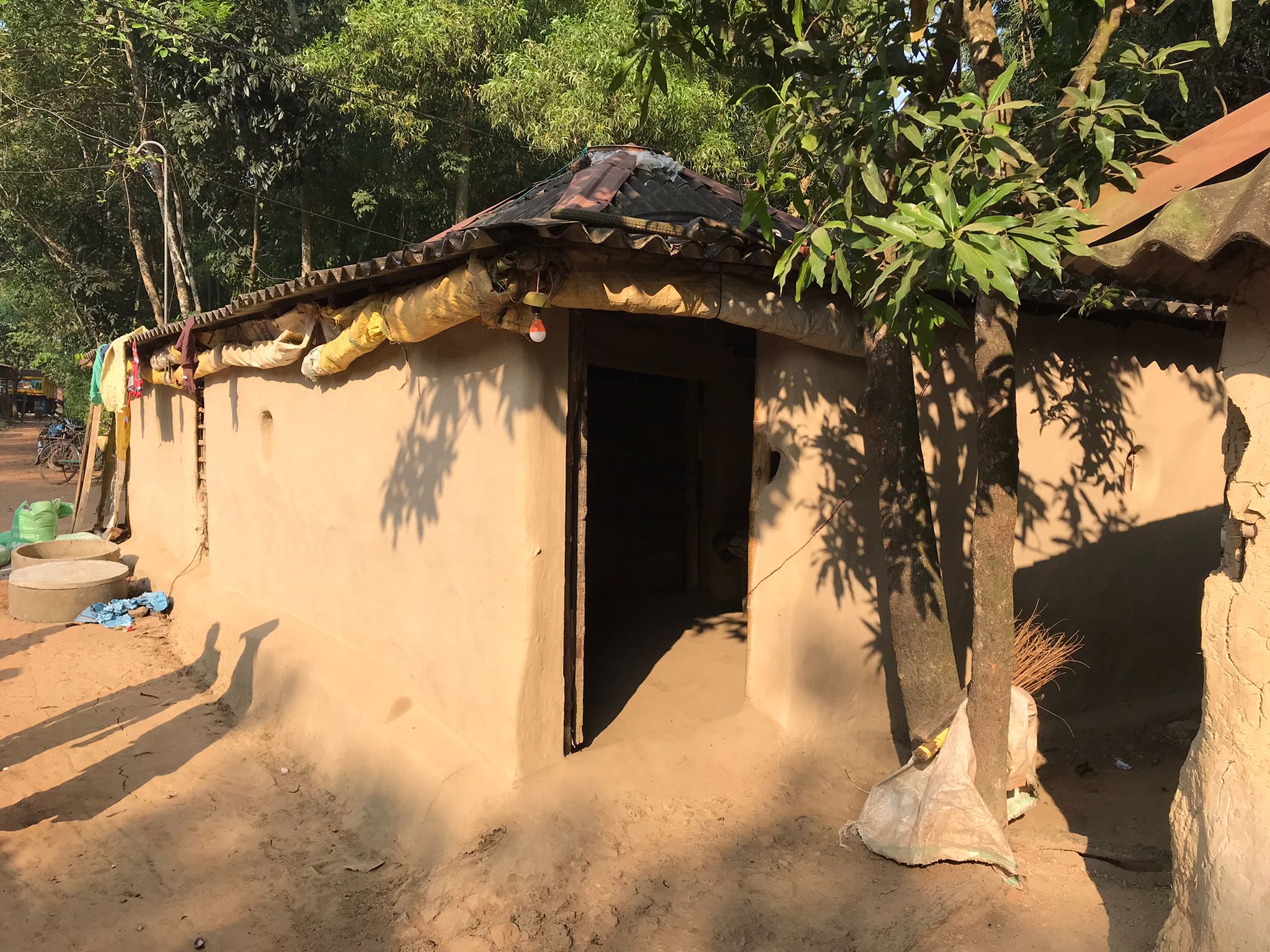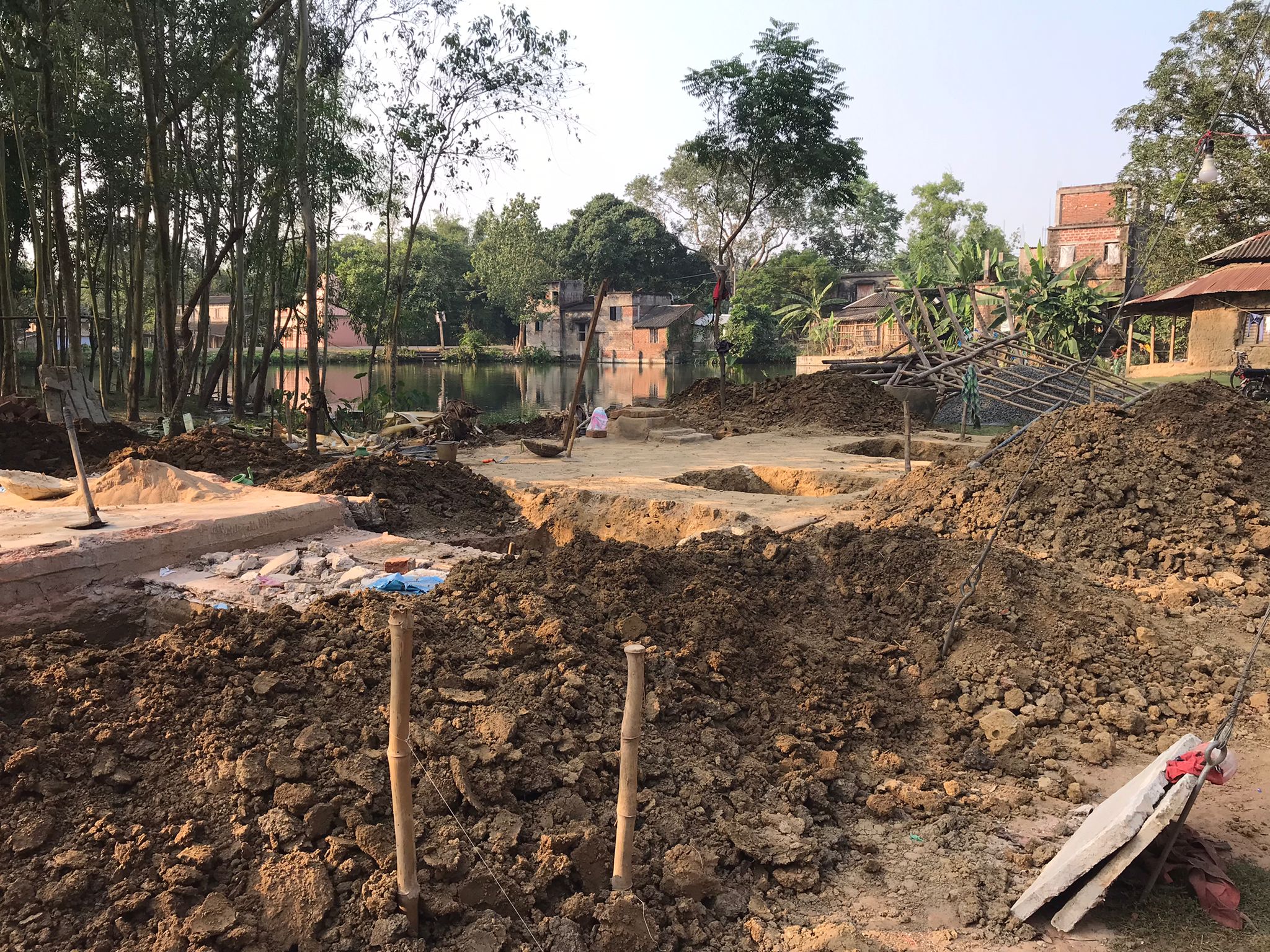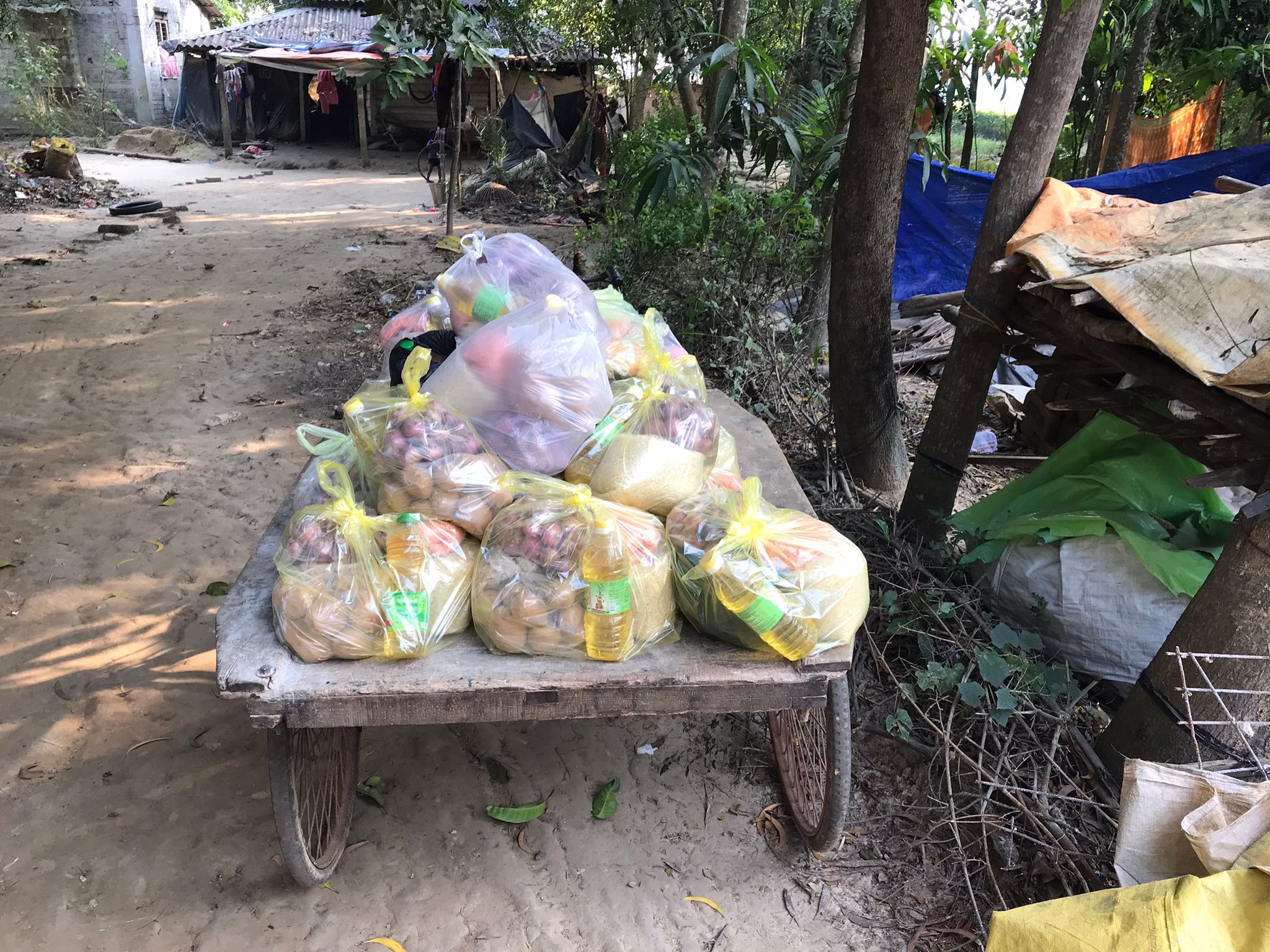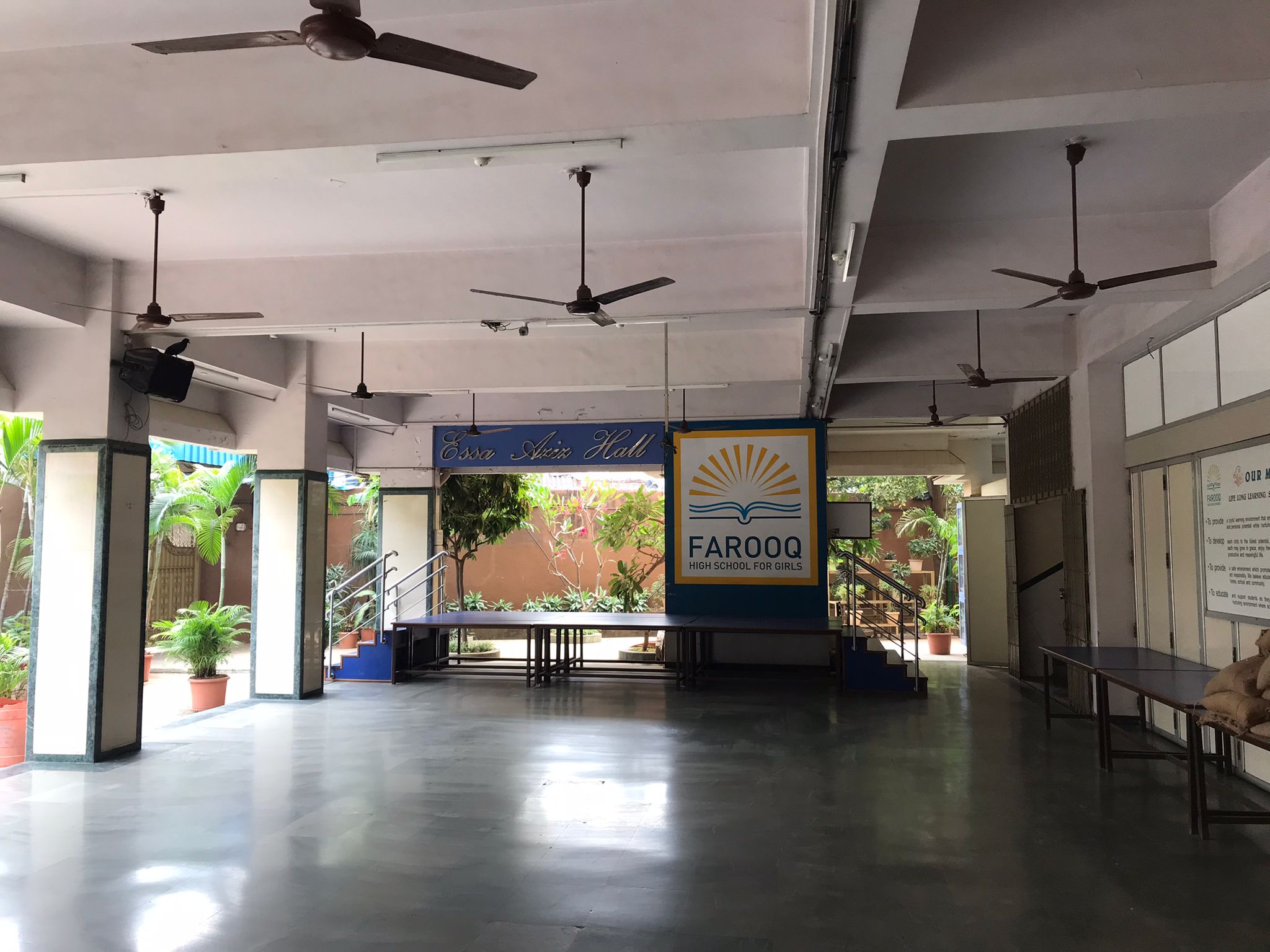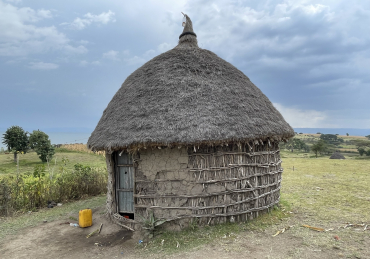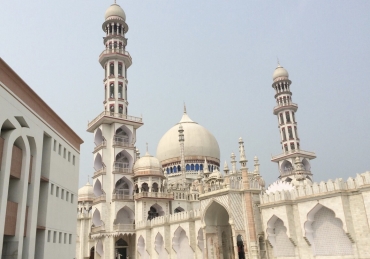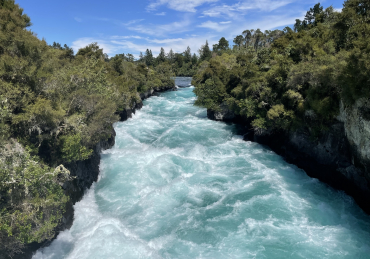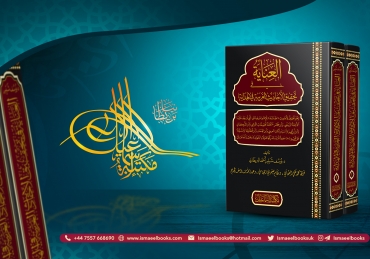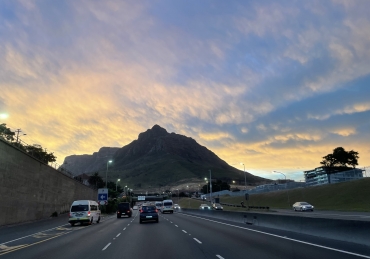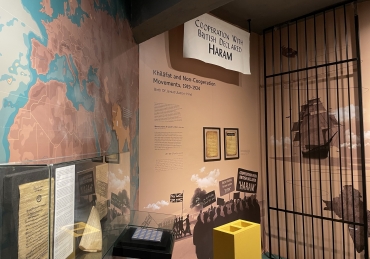Visit to Pakistan, UAE and India (2021)
In the name of Allah, the Compassionate the Merciful
Day 1 – Wednesday 27 October 2021
From Manchester to Peshawar
The visa to Pakistan was issued yesterday so I decide to travel today on the 2.05pm Emirates flight from Manchester to Peshawar via Dubai. It is half term and flying to Peshawar is the cheapest option. Prior to departure, it is necessary to register on the Pakistan Government’s Pass Track app or website and submit the vaccination certificate along with the negative PCR result. This is my second visit to Pakistan. The previous visit was in 2019, details of which are available online. Places visited in the previous journey will not be featured in detail in this travelogue.
Day 2 – Thursday 28 October 2021
From Peshawar to Lahore
Arrival into Peshawar
The flight arrives into Bacha Khan International Airport in Peshawar at 7am, 30 minutes ahead of schedule, although the Afghan airspace was avoided. A Covid test is taken upon arrival and the result given in a few minutes. The Airport is old and the baggage carousel stops, resulting in some delays.
Outside the Airport terminal, it is disorganised. Hosts cannot receive travellers outside the terminal, rather they have to wait outside the Airport boundary altogether. Mawlānā Fazl Wāḥid receives me outside and shares his frustration that there are no screens outside, and there is no way of knowing whether a flight has arrived. Mawlānā Fazl Wahid has been working for Ummah Welfare Trust (Pakistan) for over 15 years.
We leave the Airport at 8am and head to Nowshera, the home of UWT’s orphanage, Ummah Children Academy. This is my first time in Peshawar, which is the capital and largest city of the Khyber Pakhtunkhwa province and the sixth largest city in Pakistan. It is the largest Pashtun-majority city in the country and the religiosity of its people is evident. In fact, this was evident at the Airport and also on the flight. Modesty is visible here. The region is among the most religious regions of Pakistan.
Ummah Children Academy
We arrive at Ummah Children Academy shortly after 9am. Mawlānā Muhammad Idris, UWT’s Country Director receives me here and a short while later Mawlānā Muhammad Sidat from the UK also joins me along with Shah Nawaz. Both arrived here yesterday. We eat breakfast and discuss a range of issues including the progress of the orphanage.
Later in the afternoon, we meet with some local luminaries and thereafter perform Maghrib Ṣalāh at the Masjid of the orphanage.
Journey to Lahore
Originally, I had planned to visit a hospital run by Doctors Worldwide in Balakot, Mansehra and thereafter travel to Lahore. However, there are some protests by the Tehreek-e-Labbaik group in some parts of the country and it was not initially clear whether it will be possible to travel today. However, it is confirmed later in the afternoon that the roads to Lahore are clear, so it is decided that I should travel to Lahore direct. I leave after Maghrib Ṣalāh at 6pm. Mawlānā Fazl Wahid kindly drives, the road to Lahore is good.
We arrive into Lahore at 10.30pm, eat at a local place and rest for the night at the Nishat Hotel in Johar Town.
It is worth noting that most ATMs in Pakistan do not accept foreign cards. Standard Chartered Bank is an exception.
Day 3 – Friday 29 October 2021
Meetings with the NGO Akhuwat in Lahore
Akhuwat Headquarters
After breakfast, Mawlānā Fazl Wahid takes the return journey to Nowshera whilst I head to the Akhuwat Headquarters. Akhuwat is an NGO in Pakistan which was established in 2001 to reduce poverty through interest-free microloans. This is its primary project for which it is well known. It has a UK branch Akhuwat UK, whose President, brother Arif Anis kindly made the arrangements for me to visit the Headquarters here in Lahore. The charity has more than 800 branches across the country and has provided £750 million of interest free loans to more than 30,000 families. The return rate is 99.94%. This is a remarkable achievement.
I arrive at the charity’s headquarters at 11am and am received by Abu Bakr Siddique, the Chief Coordinator along with Shahid Safdar, the Head of Training. Both provide an overview of the charity’s history and programmes which along with microfinancing includes four education institutes in Lahore, Faisalabad, Chakwal and Karachi, along with the Clothes Bank project, Khwaja Sira support programme and food aid for Covid-19 affected families, which was part financed by a family friend. The charity’s annual budget exceeds £15 million and its workforce is 7000 employees.
Akhuwat Clothing Bank
Opposite the Headquarters is a rented building which is home to the charity’s Clothing Bank project.
This was established in 2014, and to date, the charity has distributed 3 million clothes for free. These clothes are received from inside Pakistan as well as from other countries including the USA, UK, Canada, Australia and Saudi Arabia. The charity has the infrastructure in place to stitch clothes as necessary and also loans out wedding clothes to brides. There are three other similar clothing bank offices in Pakistan.
We return to the Headquarters and meet with Muhammad Saleem Ahmad Ranjha, a Board Member of the charity, with vast experience of working within the national Civil Service. He explains the vision of the charity and shares some of the in-house IT solutions which allow real-time access to the details of beneficiaries via an App. There is a continuous effort to improve systems and processes which is commendable. He also gifts me a book which he has authored along with the book “Akhuwat ka Safar” (The Journey of Akhuwat) by Dr Muhammad Amjad Saqib, the Founder and CEO of the charity.
Akhuwat College University
We perform Jumuʿah Ṣalāh at a local Masjid and thereafter travel to the Akhuwat College University in Kasur, 25km south of Lahore. Interestingly, this is only a few miles from the Indian border. On the other side is the Indian state of Punjab which I intend to visit in coming days. It is unfortunate that I will have to travel via a third country to reach it.
We arrive at the Akhuwat College University at 3pm and are received by Sayyid Taymoor Adil Gilani, who is the Director of Sports and Protocol here. He explains that the institute offers various courses for pupils between the ages of 16 and 22. They include degree programmes which are currently validated by Punjab University, although the institute has submitted an application for Charter Status. There are 360 students on roll, and the education is free. Each region of Pakistan has a quota and there is a broad mix of pupils. The pupils are all Zakat eligible. One of the conditions of admission, along with academic aptitude, is that parent’s income should not exceed 50000 PKR (£215) per month. Currently, the academic and residential block are combined in one, however, another building is in the final stages of completion.
The atmosphere is relaxed and calm here. We meet with other senior staff here including Mr Phil Straw, the Senior Principal, who is from New Zealand.
Sayyid Taymoor has kindly arranged lunch and also offers to book my flight for the onward journey from Pakistan. For some reason, the Emirates flights from Pakistan to Dubai are extortionate with ticket prices for a single journey exceeding £1200. In the end, a local travel agent manages to book a Flydubai ticket for just under £500.
Change of Plan
The plan was to visit Raiwind Markaz from here. My dear colleague from Glasgow, Mawlānā Wasim Amin had insisted I visit it and also made the arrangements. I was also eager to visit it for the first time ever. However, this is not possible as I have to return to Lahore city to finalise my ticket with a local travel agent and also book the PCR test. We arrive and for some strange reason, their card machine does not accept foreign cards, thus I request our dear family friend in Karachi, brother Mohammed Ali to make the payment.
In view of my onward flight in the morning, I decide to stay the night at the Royal Swiss hotel near the Airport.
Day 4 – Saturday 30 October 2021
From Lahore to Karachi
In the morning, I board the 9am Air Blue flight to Karachi, arriving there at 11am. Mawlānā Muhammad Sidat also arrived here a short while ago from Peshawar. We are received by Mawlānā Zamir who works for a school within the Darul Uloom Karachi complex and also works for the GEAR (Generating Employment Alternatives for Self-Reliance) Trust. The weather in Karachi is much warmer than Lahore.
Darul Uloom Karachi
We arrive at Darul Uloom Karachi shortly before midday and meet with Mufti Muhammad Huzaifa in the Darul Ifta building. Mufti Muhammad Huzaifa is a member of the Fatwa Department here and we discuss various issues including the use of the silver niṣāb and the wider challenges for charities and compliance with Zakat rules.
We also meet with Mufti Shah Tafaddul Ali, a senior Mufti here. A few months ago, he wrote an answer which appeared to authenticate a narration which mentions 1500 rewards for each Sajdah in the month of Ramadan. Upon receiving this, I wrote to our respected Shaykh al-Islam Mufti Muhammad Taqi Usmani (b. 1362/1943) requesting him for this to be reviewed as the chain of the Ḥadīth is extremely weak (refer to this link). Subsequently, I received a response from Mufti Shah Tafaddul Ali acknowledging that the narration is not authentic. When I remind him of this, he remembers immediately and clarifies that the authentication in the original question was from Binori Town. I gift him some of my books including Tadhkirat al-Aʿlām al-Sūd and al-ʿIqd al-Thamīn fī Ḥubb al-Nabī al-Amīn ﷺ.
Meeting Mufti Muhammad Taqi Usmani
We perform Ẓuhr Ṣalāh at 1.15pm in the grand Masjid of Darul Uloom and thereafter meet with our respected Mufti Muhammad Taqi Usmani. Mufti Ṣāḥib is very happy to see us and describes as مفاجأة سارة )a pleasant surprise). Mufti Ṣāḥib is walking with the aid of a stick and is in good health. He reminds me to say Mashā Allah when I comment on his good health. He enquires about my respected father.
Mufti Ṣāḥib is an extremely busy person especially when in Karachi and more so after being appointed as President of Wifaqul Madaris. He has an appointment at the doctors and requests us to join him for dinner in the evening. He also insists we stay the night at Darul Uloom, although we had made other arrangements.
Mawlānā Zamir takes us to the canteen of the Darul Uloom where we are joined by Mufti Muhammad Huzaifa, who also gifts us a book recently published by him, Makātīb Rashīdiyyah. We eat lunch and proceed to visit some of the beneficiaries of GEAR.
Meeting the scholars supported by GEAR (Generating Employment Alternatives for Self-Reliance) Trust
A principal reason for visiting Karachi is to meet with GEAR Trust and some of its beneficiaries. The Trust was founded in 2009, with the core purpose of supporting and lifting socially deprived individuals to stand on their own feet through self-employment opportunities. Its work is centred in Karachi.
Earlier in the year, a friend requested the Trust to identify and support scholars who are poor enabling them to stand up on their own feet whilst continuing to serve Islam. We thus decide it beneficial to meet with some of the scholars who are beneficiaries of this programme. The scholars we meet in the Korangi and Landhi districts of the city share their experiences including the nominal income from their teaching commitments. Some of them earn as little as £35 a month. This support has enabled them to establish or strengthen their businesses providing an additional source of income. Some of them are running a stationary shop whilst others are running a general confectionary store, and we also came across one driving a rickshaw. This has not detracted them from their teaching commitments.
Jamia Farooqia (Phase 1)
As the time of Maghrib Ṣalāh comes close, we decide to visit Jamia Farooqia (phase 1) located in the Shah Faisal Colony, which we did not visit in our 2019 visit. The seminary was established in 1967 by the late Shaykh al-Ḥadīth Mawlānā Salimullah Khan (d. 1438/2017), a student of Shaykh al-Islam Mawlānā Husayn Ahmad Madani (d. 1377/1957) and a teacher of Mufti Muhammad Taqi Usmani (b. 1362/19).
We perform Maghrib Ṣalāh, and thereafter tour the seminary with the current rector Mawlānā Ubaydullah Khalid’s son, who is also responsible for the publications department. The notable publications include the revised versions of Kifāyat al-Muftī and Fatāwā Maḥmūdiyyah along with Kashf al-Bārī, of which 26 volumes are now published. Mawlānā’s son gifts me the latest two volumes.
Mawlānā’s son explains that the seminary has 3000 students in total; 2000 here in the Phase 1 branch, and 1000 in the Phase two branch on Hub River Road. Of the 2000 here, 1500 are boarding students whilst the other 500 are day students. The number of pupils in the Dawrat al-Ḥadīth year here is 280. The seminary also has 18 branches for Taḥfīẓ in the Sindh province.
Return to Darul Uloom Karachi
We return to Darul Uloom Karachi and prior to ʿIshāʾ Ṣalāh meet Mawlānā Azizurrahman Ṣāḥib, the teacher of Sunan Abī Dāwūd, who is married to Mufti Muhammad Taqi Usmani’s niece. We met Mawlānā on our previous trip, he is extremely humble and welcoming and is delighted to see us. He is suffering from some problems in his eyes, may Allah Almighty grant him total recovery. I gift him some of my works.
After ʿIshāʾ Ṣalāh, we meet Mawlānā Shakir Jakhura Ṣāḥib who takes us to the Darul Uloom’s guest house where we meet the friendly person in charge brother Jalaluddin, who is originally from Ziarat in Balochistan. Mawlānā Shakir is a teacher at Darul Uloom Karachi and a personal academic assistant to Mufti Muhammad Taqi Usmani. We travelled together to Malta and Cyprus in 2019 and have some fond memories.
At 9.15pm, we arrive at the residence of Mufti Muhammad Taqi Usmani and eat dinner with him. A range of issues are discussed.
We rest for the night at the guest house in Darul Uloom. At midnight, our dear friend Mohammad Ali comes and takes Mawlānā Mohammed to the Airport for his return journey to the UK.
Day 5 – Sunday 31 October 2021
Day Trip to Sujawal, Sindh
Breakfast
At 7am, Mawlānā Shakir kindly takes me to his residence for breakfast. Mawlānā is originally from South Africa and lives here in the complex of Darul Uloom with his family, in the service of Mufti Muhammad Taqi Usmani. Over the years, he has worked on many projects including the Thabat (collection of Asānīd) of Mufti Ṣāḥib. Mawlānā is a humble person and very hospitable. Allah Almighty reward him for his hospitality.
Mufti Muhammad Taqi Ṣāḥib’s lesson of Ṣaḥīḥ al-Bukhārī
At 8am, Mawlānā Shakir drops me outside Mufti Ṣāḥib’s residence. Mufti Ṣāḥib teaches Ṣaḥīḥ al-Bukhārī between 8am-9am. The Dar al-Hadith lecture hall is different to the traditional lecture halls in seminaries. It is modelled on the university style lecture theatres. Every seat is numbered and every student has a microphone. There are approximately 450 students in the final year here. I enter the lecture hall and sit down with a student. Mufti Ṣāḥib calls out my name and indicates to sit next to him on a chair on stage. This is but Mufti Ṣāḥib’s affection on this student of his.
Today’s lesson begins from the “Chapter of ‘Halal is clear and Haram is clear’” and Mufti Ṣāḥib explains Ḥadīth numbers (2051, 2052, 2053) in detail, concluding the lesson later than schedule at 9.15am. Mufti Ṣāḥib explains that the jurists have deduced from Ḥadīth number 2051 the principle of Sadd al-dharāiʿ (blocking the means) and when it will be necessary and when it will be desirable to abstain from a doubtful matter. Mufti Ṣāḥib stresses that although the theory in this regard is straightforward, its application is not straightforward. The fine balance between this principle and the principle of ‘Taysīr’ (ease) requires the extensive company of an expert jurist. Mufti Ṣāḥib then spends a considerable time in explaining Ḥadīth number 2053 wherein the story of the child of Zamʿah has divided scholarly opinion on the establishment of Firāsh and the paternity of a child. Mufti Ṣāḥib concludes by saying that he has discussed this ḥadīth Takmilah Fatḥ al-Mulhim, in such detail that it will not be found elsewhere. Mufti Ṣāḥib’s lesson is elaborate, clear and easy for students to understand.
After the lesson, I gift Mufti Ṣāḥib two of my books: al-ʿIqd al-Thamīn fī Ḥubb al-Nabī al-Amīn ﷺ and the English commentary of ‘Birr al-Wālidayn’. Mufti Ṣāḥib is always accompanied with armed police from the moment he leaves his home and throughout his lessons and Ṣalāh. In fact, since the assassination attempt on his life in 2019, all visitors and cars are checked at both the gates of the Darul Uloom complex.
Sujawal
I take leave from Mufti Ṣāḥib and travel to Sujawal with Dr Farook Memon and two of his associates, who have been supporting some seminaries there. Sujawal is a district in the Sindh province which lies on the India-Pakistan border.
We arrive shortly before midday at Darul Fuyudh al-Qasmiyyah, 135km from Karachi. This seminary was established in 1339 (1921) and currently serves 580 students. There are 25 staff and the average monthly salary is 8000 PKR (£34). The annual budget is $100,000. The seminary manages 50 Maktabs in the local district which serves more than 3000 pupils in total. Mawlānā Muhammad Ismail is the current rector, he graduated from Darul Uloom Karachi in 1991.
Mawlānā kindly gifts me an Ajrak cloth which is a symbol of the Sindhi culture. He has also some snacks ready including a Lotus Root vegetable dish.
Chuhar Jamali
Our next stop is Darul Uloom Muhammadiyyah Qasimiyyah in Chuhar Jamali, which is a 45-minute drive (25km) from Darul Fuyudh al-Qasmiyyah. The institute has 270 students with provision until the Thāniyah class. The rector Mawlānā Najibullah gives us a quick tour and serves us lunch, which includes the Mallard bird dish. During the freezing winter, hundreds of migratory birds from Siberia fly to this part of Pakistan.
Return to Karachi
We perform Ṣalāh and begin the return journey to Karachi at 1.15pm. We arrive at Darul Uloom Karachi at 3.45pm, where I have a meeting scheduled with Professor Ekhlaque Ahmed, the Chairman of GEAR and his team. The fruitful meeting ends at Maghrib Ṣalāh.
Majlis with Mufti Muhammad Taqi Usmani
After Maghrib Ṣalāh, I partake in the spiritual Majlis of Mufti Ṣāḥib at his residence. Mufti Ṣāḥib explains that all Muslims believe in the concept of death and the hereafter. However, the full realisation and comprehension of the hereafter is missing. If this realisation is embedded within a person, this will act as the deterrent against sins, and if one was to sin, it will enable them to repent immediately. Mufti Ṣāḥib then says:
“There are two Murāqabah (meditation) that are very important: The Murāqabah of death, and the Murāqabah of Iḥsān (that you worship Allah as though you are looking at him, and if you cannot attain this level then that he is looking at you”.
Mufti Ṣāḥib suggests that the Murāqabah of death can instil the realisation of the hereafter within a person and one should meditate about death daily for a few minutes.
Mufti Ṣāḥib is travelling to Peshawar tomorrow for a conference in Jamia Haqqaniyah on the life of the martyr Mawlānā Samīʿ al-Ḥaq (d. 1440/2018). I thus take leave from Mufti Ṣāḥib and seek his advice on a forthcoming project on the Ḥadīths of Imam Muḥammad ibn al-Ḥasan al-Shaybānī (d. 189/805). Mufti Ṣāḥib suggests that it would be very good if Imam Muḥammad’s narrations can be gathered in one place. I ask whether the order should be based on al-Aṣl. Mufti Ṣāḥib concurs and suggests that I should begin with al-Aṣl and also do Takhrīj of the narrations.
Dinner and rest
After ʿIshāʾ Ṣalāh, Mawlānā Zamir Ṣāḥib who accompanied us yesterday kindly drops me to the Pearl Continental Hotel. Mawlānā’s children are also with him so we decide to eat dinner at a fast-food place.
Day 6 – Monday 1 November 2021
Final day in Karachi
Karachi is the country’s largest city and the absence of a metro or underground transport system is a major contributor to congestion on the roads. There are several meetings planned today so it is important to organise the schedule in advance as it can take an hour and often more to reach from one place to another within the city.
Jamia Siddiqia
At midday, we head to Jamia Siddiqia Karachi, a seminary established by the learned Dr Mawlānā Manzoor Mengal. We arrive at 1pm and are received by Mawlānā’s assistant, Mawlānā Abdul Baqi. He explains that the seminary started in 2008 and has made significant progress within a short period of time. There are 2000 students, with 450 students in the Dawrat al-Ḥadīth making it the third or second largest Dawrat al-Ḥadīth class in Karachi after Binori Town and possibly Darul Uloom Karachi thereafter. This is despite the fact that the institute does not have proper boarding facilities. This is remarkable.
We observe many students sleeping in the Masjid whilst some students have built their own lodges at their own expense.
There is an ongoing construction programme for a residential block.
The seminary’s founder Dr Mawlānā Manzoor Mengal is a popular speaker across Pakistan. His lectures are widely available on YouTube. He is a very learned scholar although he does sometimes spark controversy with his humour. I have heard my respected father comment that he is a man of knowledge and his Dawrat al-Tafsīr is worth benefiting from.
When I invite him to visit the UK, he replies that he is extremely busy throughout the year and cannot afford to miss his teaching. Previously, he taught the entire Ṣiḥāḥ Sittah (six books of Ḥadīth). Currently, he teaches the entire Ṣaḥīḥ al-Bukhārī, Sunan al-Tirmidhī, Sunan Abī Dāwūd and Mishkāt al-Maṣābīḥ. I gift him some of my books. He scans the bibliography and contents pages of each book, a sign of an intelligent reader. When I give him an English book, he remarks in his humorous style that this is a ‘dirty language’.
I proceed to ask whether he ever met our respected Shaykh al-Ḥadīth Mawlānā Muḥammad Yūnus Jownpūrī (d. 1438/2017). He replies in the negative but showers praise on him and his book Nibrās al-Sārī. He also praises Shaykh al-Ḥadīth Mufti Saʿīd Aḥmad Pālanpūrī (d. 1441/2020).
Jamia Farooqia (Phase 2)
We leave from Jamia Siddiqia after 2pm and head to Jamia Farooqia (phase 2) on the Hub River Road. This is the brainchild of the martyr and visionary, our beloved Dr Mawlānā Adil Khan (d. 1442/2020), who was shot in Karachi a year ago. We visited this complex in 2019 and today there are 1100 students studying here. The entire syllabus is taught in Arabic.
Mawlānā’s son, Mufti Anas Ṣāḥib welcomes us and serves us lunch. He gifts me the special Arabic edition of the Al-Farooq magazine on the life of his father and his martyrdom.
We visit the graveyard within the complex where Mawlānā is buried alongside his father, Shaykh al-Ḥadīth Mawlānā Salīmullāh Khan (d. 1438/2017). The assassins have not been brought to justice, which is typical in Pakistan. Many scholars have had a similar fate over the past few decades and the perpetrators are never brought to justice.
An interesting discussion follows with Mufti Anas regarding Majma Ul Uloom Al-Islamia, the new board established by Jamiatur Rasheed and Jamia Binoria International, which has faced strong criticism from other seminaries.
GEAR Office, Orangi Town
We depart at 4pm and head to the GEAR office in Orangi Town where we arrive at 5pm. Here, we meet with some of the local staff along with some of the beneficiaries.
Memorable moments with a dear friend
At 6.30pm, we arrive outside the Binori Town seminary where Mawlānā Zamir Sahib bids me farewell. His company since Saturday has proved to be invaluable. Allah Almighty bless him and take maximum work of Dīn from him.
From here, I head to Karachi Airport with our dear family friend Mohammed Ali. On route, we stop at Jamia Masjid Najam on Shaheed-e-Millat Road, where we meet with our dear friend and learned scholar, Mawlānā Yasir Abdullah Sahib. Mawlānā is a learned scholar who serves as Imam here and also teaches in the Binori Town seminary. He has a particular interest in the Ḥadīth sciences and books in general. He participated in the Musnad Aḥmad dars of my respected father many a times and takes a keen interest in the works of our respected teacher Shaykh al-Ḥadīth Mawlānā Muḥammad Yūnus Jownpūrī (d. 1438/2017). He gifts me a book Dirāsāt fī Ulūm al-Ḥadīth by Shaykh Abdul Majid al-Turkumānī.
We arrive at Karachi Airport at 7.45pm and head to the Rapid Covid tests centre next to the Arrivals exit. In addition to a PCR Covid test taken within 48 hours of departure, the UAE authorities have made it mandatory on all travellers from Pakistan to also take a Rapid Covid test within six hours of departure.
The flight to Dubai is at 1.05am, so brother Mohammed Ali takes me to the Mandi House restaurant on Shaheed-e-Millat Road, which proves to be a memorable experience. Sometimes having one food item is better than having ten food items, and this could not be a better example.
We return to the Airport at 10.30pm, collect the negative test certificate and bid each other farewell. I check in, perform Ṣalāh and board the 1.05am Flydubai two-hour flight to Dubai.
Day 7 – Tuesday 2 November 2021
From Pakistan to UAE
The flight arrives in Dubai at 2pm. I rest at a friend’s residence until late morning. Throughout the day, I meet with a few family friends and other associates. A friend’s mother passed away two weeks ago, I offer the family my condolences. My mother recalls that she was extremely hospitable with a special attachment to Ḥadīths and Ṣalāh. May Allah Almighty forgive her shortcomings and grant her an abode in Jannatul Firdaws.
I also visit a local Masjid, where social distancing measures are in full force. Face masks are also necessary. This is in sharp contrast with Pakistan and also the UK where such measures are no longer in place in places of worship and elsewhere.
Day 8 – Wednesday 3 November 2021
From UAE to India
My onward flight from Sharjah to Delhi is at 10.30am via Air Arabia. Air Arabia has cheap flights to many destinations in India and elsewhere. One-way tickets can be bought for £100. I arrive into Indira Gandhi International Airport at 3pm. Unlike my previous visit in March 2021, there are no Covid tests required upon arrival. Face masks are however necessary. The immigration is smooth although there are queues in the baggage checking area.
The onward flight at 6.55pm to Chandigarh is delayed by an hour. My dear friend, Mawlānā Saʿd Ṣāḥib, the son of Mawlānā Faḍl al-Raḥmān ibn Mawlānā ʿAbdul Mannān Ṣāḥib, who runs a small seminary in Vasant Vihar, close to the Airport, comes to the Airport to meet me. We spend a short while together and thereafter he drops me to the Domestic terminal where a friend is waiting for me. He is to accompany me throughout my stay in India.
The small plane eventually departs from Delhi after 8pm arriving Chandigarh after 9pm. We stay at Ramada Hotel, close to the Airport.
Day 9 – Thursday 4 November 2021
The silent plea of Masjids in Punjab and Haryana and visit to Sirhind
Chandigarh
At 9.45am, Mawlānā Jawed Nadwi Ṣāḥib collects us from the hotel and introduces us to Chandigarh. This is my first visit to this region. Chandigarh is a city, district and union territory in India that is unique as it is the joint capital of the two neighbouring states of Punjab and Haryana. It is located 162 miles north of Delhi and 143 miles southeast of Amritsar. The city is clean and modern. It was one of the early planned cities in post-independence India and is internationally known for its architecture and urban design. It is suggested that the city is among the master-planned cities in the world that have have succeeded in terms of combining monumental architecture, cultural growth, and modernisation. 81% of its residents are Hindu, 13% are Sikh and 5% are Muslim. Generally, the Sikh community has a good relationship here with the Muslims.
Our purpose of visiting this region is to visit the unique project of liberating, repairing and reviving Masjids in Punjab and Haryana. These are Masjids that were abandoned during the partition and taken over by non-Muslim migrants for residence. According to research conducted by the Punjab Waqf Board in 2011, there are approximately 20,000 Masjids that were abandoned in this manner. As a result of their occupants being non-Muslim, their sanctity is not maintained; many of them have non-Islamic imagery and idols, whilst others are filled with filth. These Masjids can be liberated firstly by constructively engaging with the occupants. Some require accommodation, so accommodation is arranged. Some leave without any conditions. Sometimes, other requests are made. Thereafter, a nominal amount of money is spent to restore the Masjid. This is a huge Ṣadaqah Jāriyah and an immensely noble endeavour.
Masjid Juwayriyyah, Ambala
At 10.30am, we arrive at Masjid Juwayriyyah in Ambala, which is 45km south of Chandigarh. Ambala is a historic city situated in the state of Haryana. It is home to Masjid Juwayriyyah which was occupied by two families for many years, and I am shown a picture of this period.
We meet with the Imam here, Mawlānā Muhammad Imran, a graduate of the seminary in Akkalkuwa. His salary is paid by the Punjab Waqf Board. The Masjid was revived by Mawlānā Jawed Ṣāḥib.
Outside the Masjid there is a stone which states that the Masjid was built in 1295, making the Masjid nearly 150 years old.
How sad that for several decades after partition the Masjid remained abandoned. The local Imam informs us that there are only a few Muslim homes within the area, however, there are many Muslim businessmen who come for Friday prayers. In fact, the Masjid becomes full for Friday Ṣalāh. The Masjid also serves as the Tablighi Markaz.
I ask Mawlānā Jawed regarding the number of Muslims and Masjids in Ambala. Mawlānā informs me that there are 500 Muslim families in the city, and 13 operating Masjids. There was a time however when there were 200 operating Masjids, which reflects the scale of the problem of abandoned Masjids.
Jamia Darus Salam, Ambala
Our next stop is the Jamia Darus Salam, a small institute run by Mawlānā Jawed.
Historically, this location was an Eidgah. In 2009, Mawlānā worked with the Waqf Board to acquire half the site. The other half is now home to 20 or so homes, as evident from the fact that the Miḥrāb is on the far end of the site, which was probably the centre of the Eidgah.
Pre-Covid, the institute had 150 students. There are only 22 students now. This is a general challenge across most seminaries in India. Many students have started to work.
Shutrana
At 11am, we leave for our next destination Shutrana. Shutrana is 110km from Ambala and the drive takes two hours. Shutrana is located in the Patiala district of Punjab. Here, another Masjid has been revived recently and named Masjid Shah Abdul Qadir. Mawlānā Jawed explains that a Sikh lady was residing in the Masjid and shows me an old picture of the Masjid from that period.
The lady agreed to vacate the Masjid as long as a house was provided for her. A house was built for her nearby and the Masjid was revived.
There are only 4-5 Muslim households in this area. This is typical across this region, as most Muslims did not remain here during partition, they either migrated to Pakistan or migrated to other parts of India.
Haryaoo
At 1.45pm, we arrive at Haryaoo village, which is a short 20-minute drive from Shutrana. Here, a Masjid revival project is in progress with repair works ongoing. This Masjid will be named Masjid Hadrat Umar (may Allah be pleased with him) Inshā Allah.
The family residing here has vacated, although some non-Islamic religious symbols remain, which will be removed in the coming days.
There are only a few Muslim households in this village. We visit one house. The people are delighted that a Masjid is to be built here. The ignorance however is such that some do not know that there are five prayers in a day. There is also an artificial shrine within one of the rooms. There are also depiction images of saints (image only shared here for illustration).
One can appreciate from this the foresight of our elders who prohibited all forms of photographs of human beings whether digital or otherwise (refer to our Fatwa for more details). Some people take real pleasure in sharing the pictures of saints, this is not a praiseworthy action.
The story of the partition has so many sad elements. The abandonment and desecration of these Masjids deserves greater attention. Many people are unaware of this. If the Babri Masjid issue has attracted so much attention, and rightly so, there are hundreds of Babri Masjids in this region that also deserve attention.
Sirhind, the resting place of Shaykh Aḥmad Sirhindī
On our return journey to Chandigarh, we take the route via Sirhind, wherein lies the grave of the pious Naqshbandī saint and reformer, Mujaddid al-Alf al-Thānī, Shaykh Aḥmad Sirhindī (d. 1079/1668), whose credentials are accepted by Muslims from different denominations. The term Mujaddid Alf Thānī (Reviver of the Second Millennium) is a reference to the fact that he lived at the beginning of the second millennium of the Muslim calendar.
Shaykh Aḥmad Sirhindī was famous for his love of the Sunnah and dislike for innovations. He thus strongly refuted the notion of Bidʿat Ḥasanah (good innovation), a view shared by the elders of Deoband, as outlined in my books Tanshīṭ al-Ādhān Min Kitāb al-Arbaʿīn Fī al-Adhān (p.145) and al-ʿIqd al-Thamīn fī Ḥubb al-Nabī al-Amīn ﷺ (p.263). I made reference to this in a footnote in a translation of an article on the language of the Friday sermon with the following:
“The categorisation of Bidʿah (innovation) into two types Ḥasanah (good) and Sayyiʾah (bad) and the five categories outlined by ʿIzz al-Dīn ibn ʿAbd al-Salām (d. 660/1262) has been refuted by many scholars including Imam Shāṭibī (d. 790/1388), ʿAllāmah Ibn al-Ḥāj (d. 737/1336), Shaykh al-Islām Ibn Taymiyyah (d. 728/1328), Mujaddid Alf Thānī Shaykh Aḥmad Sarhindī (d. 1079/1668), Shaykh Rashīd Aḥmad Gangohī (d. 1323/1905), Shaykh al-Hind Mawlānā Maḥmūd Ḥasan Deobandī (d. 1339/1920), ʿAllāmah Anwar Shāh Kashmīrī (d. 1352/1933), ʿAllāmah Shabbīr Aḥmad ʿUthmānī (d. 1369/1949), Mufti Rashīd Aḥmad Ludyānwī (d. 1422/2002) along with ʿAllāmah ʿAbd al-Ḥayy Laknawī (d. 1304/1886) and many others. For further details, refer to Tanshīṭ al-Ādhān Min Kitāb al-Arbaʿīn Fī al-Adhān (p. 145).”
When we travelled to Uzbekistan with Mufti Muhammad Taqi Usmani, he made reference to Shaykh Sirhindi’s attachment with the Sunnah in a speech. Part of the speech is quoted here from my travelogue, Mufti Ṣāḥib said:
“A person should follow the Sunnah in every aspect of the inner and the outer. Behind you is Shaykh Bahāʾuddīn who emphasised on following the Sunnah and abstaining from innovations. Mujaddid al-Alf al-Thānī, Shaykh Aḥmad Sarhindī has written in his makātīb that he acquired all the sciences of the outer and thereafter the inner until he reached its peak. After reaching this lofty status, he would remark, ‘I supplicate to Allah to enable me to live on the Sunnah and die upon the Sunnah.’ This is the purpose of these Sufi chains. The purpose is one which is to follow the Sunnah, although their routes may vary. We have just returned from the grave of Shaykh ʿAbdul Khāliq Gijdiwānī and a quote of his was written there [with its English translation as it appears there], ‘Stick to Sunna and follow our pious ancestors. Avoid the people of bid’ah (novelty in religion) as any bid’ah is a sin.’”
Shaykh Sirhindī is also famous for refuting the concept of Waḥdat al-Wujūd. He developed the concept of Waḥdat al-Shuhūd instead.
Shaykh Sirhindī’s Maktūbāt in Persian are translated into many languages and are widely available, including in Turkey where he is revered a lot.
As we approach Sirhind, Mawlānā Jawed suggests we eat lunch at a local restaurant. It is Diwali today, so many outlets are closed. There are also very few food outlets owned by Muslims, as the Muslim population is less here. We therefore opt for a vegetarian place.
At 5pm, we arrive at the complex wherein lies the grave of Shaykh Sirhindi. A Masjid has also been built here. Mawlānā Jawed mentions that there are generally no innovations here unlike many other graves in India. This reminds me of a statement of my respected father Mufti Shabbir Ahmad (b. 1376/1957) who shared his experience that those scholars who vehemently opposed innovations during their lifetime, Allah Almighty ensures that innovations do not occur at their graves after their demise.
We enter the complex and thereafter the room wherein lies the grave. There are many visitors including a group from West Bengal. There is a difference of opinion among scholars on the ruling on undertaking a journey primarily to the grave of a pious person. Some scholars prohibit this, others permit it whilst some deem it desirable. The preferred view, as outlined in my book al-ʿIqd al-Thamīn fī Ḥubb al-Nabī al-Amīn ﷺ is that travelling primarily to the grave of a pious person is not established from the practice of the Salaf (with the exception of our beloved Prophet ﷺ). Therefore, it should be avoided especially if people regard travelling for this purpose a great act of worship. However, if a person travels to an area for another purpose and thereafter visits the grave of a pious person therein, this is good practice.
From Punjab to West Bengal
We leave Sirhind and travel 50km to Chandigarh Airport which is an hour’s drive. Mawlānā Jawed bids us farewell. We travel on the 8pm Indigo flight to Kolkata where we arrive at 10pm. We check into the Pride Hotel and rest for the evening.
Day 10 – Friday 5 November 2021
Distribution of Rickshaws to Scholars in West Bengal
Earlier in the year, we distributed 30 e-Rickshaws and diesel engine vans to some of the poor scholars and poor people of the region, as outlined in the previous travelogue. This was part of a wider program that included the distribution of vehicles to 70 beneficiaries. This morning, we meet 37 of them at the Millat Girls School in Haroa to understand their progress and the challenges they are facing. We stress the importance of continuing the work of Dīn which should remain their primary focus. Al-Ḥamdulillāh, all those serving the Dīn prior to receiving the vehicle are continuing to serve the Dīn, and in some cases have increased the work.
I am requested to lead the Jumuʿah Ṣalāh at the Darul Uloom Al-Jamia al-Islamia in Kalikapur. Thereafter, we head east towards Gopalpur in North 24 district where we arrive at 2.30pm. Gopalpur is 90 minutes away from Kolkata city, and 30 minutes from Haroa.
Many people are gathered here. We distribute 41 e-Rickshaws and diesel engine vans to 41 scholars of the region and speak to them first hand to understand their needs and challenges. Some of them serve the Dīn for free without any remuneration whilst some others receive £30 or £40 a month. We remind ourselves and them of the role of scholars as heirs of Prophets and also the reason behind this intervention, enabling them to become independent and empowering them to serve the Dīn more rigorously. They are also requested to become givers and donate to charity daily.
We return to Kolkata, eat dinner and rest for the evening.
Day 11 – Saturday 6 November 2021
Foundation of a new Masjid in remote village
We checkout from the Pride Hotel at 10am and travel east to Joykrishnapur in Paschim Medinipur district of West Bengal. The distance between Kolkata and this location is approximately 170km, and the journey takes four hours. We arrive at this village at 2.30pm and lay the foundation of a Masjid. This remote village is home to seventy Muslim families. The closest mosque is in a village 6km away, which is 15 minutes by car. Until now, the local people have been performing Ṣalāh here in a makeshift Masjid made of bamboo wood. The people are extremely poor and are delighted with the Masjid project which has been financed by a friend for £10,000.
The size of the Masjid including ablution and toilet facilities will be 1154 SQF. We lay the foundation and make supplicate to Allah almighty. May Allah Almighty accept this Masjid and make it a means of guidance and blessing for this region.
After the foundation is laid, we distribute food parcels to 23 widows and poor people of the village. This is on behalf of a colleague who distributes food packs to 23 poor people daily for the reward of 23 groups of deceased people. Allah Almighty forgive them all and grant them an abode in the highest stations of Paradise.
We return to Kolkata and head straight to the Airport. We board the 8.35pm Vistara Airlines flight and arrive Mumbai at 11.30pm. We check in at Radisson near the Airport.
Day 12 – Sunday 7 November 2021
Final day in India
At 12.30pm, we arrive at Farooq High School is Jogeshwari West and meet with the staff. The school is run by the Memon Educational and Welfare Society which also manages a boys’ school. Both are Urdu medium schools. The total number of pupils is 2500. This is the 53rd year of the school. The Society was setup in 1933 and has a membership system. We meet with Irfan Bhiwandiwala, the Secretary of the Society and discuss various programmes of the Society in Mumbai and elsewhere.
Later in the evening, we meet with the businessman and philanthropist Wahid Chauhan, who has been described as the ‘Sir Syed of Sikar’ due to his work in the field of education in Rajasthan. We visit his office and discuss the work done by his charity, Development Excellence Foundation, including the forthcoming hospital project in Sikar. He also invites me to his residence for dinner.
After ʿIshāʾ Ṣalāh, I head to the Airport and board the 2.05am Air France flight to Paris. The flight arrives at 7.50am, 20 minutes after the scheduled time. I perform Fajr Ṣalāh on the flight in a standing position approximately 90 minutes before landing. It felt as though the time of Fajr Ṣalāh remained for 3-4 hours before landing. The onward flight is on time at 9.15am, arriving into Manchester at 9.40am. Immigration is empty, I collect my luggage and board the 10.10am train to Blackburn with two changes. It has been a hectic twelve days with ten flights in total.
Reflecting on the visit to India, there is general despair among the Muslims of India. There are daily reports of Muslims being attacked or discriminated against. There is no strong voice for Muslims. May Allah Almighty protect the faith, lives, dignity and wealth of our brothers and sisters all over the world. Āmīn.
Yusuf Shabbir
9 Rabīʿ al-Thānī 1443 / 14 November 2021

